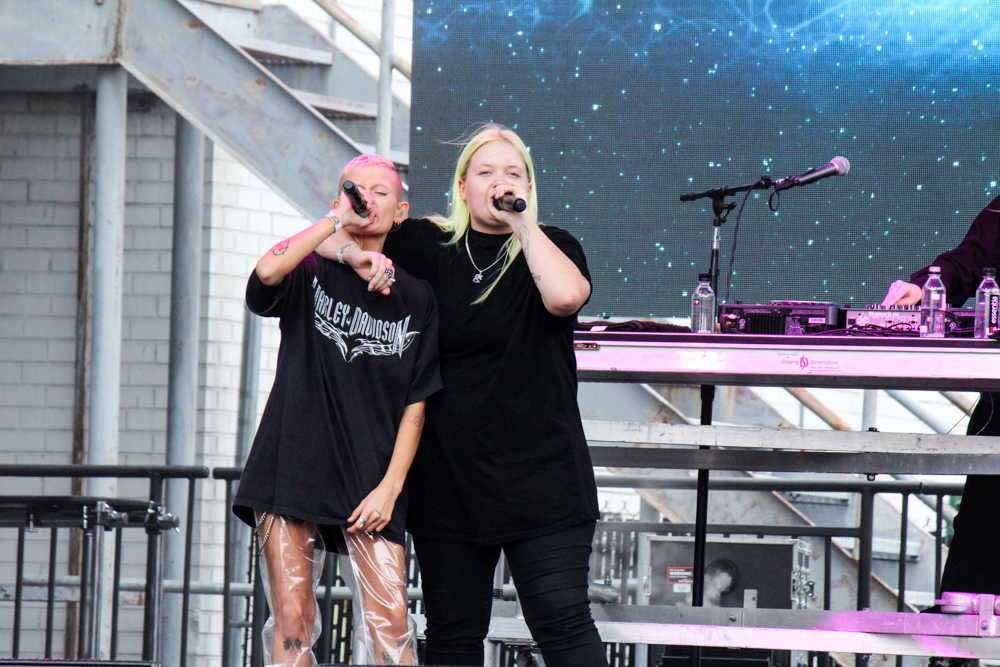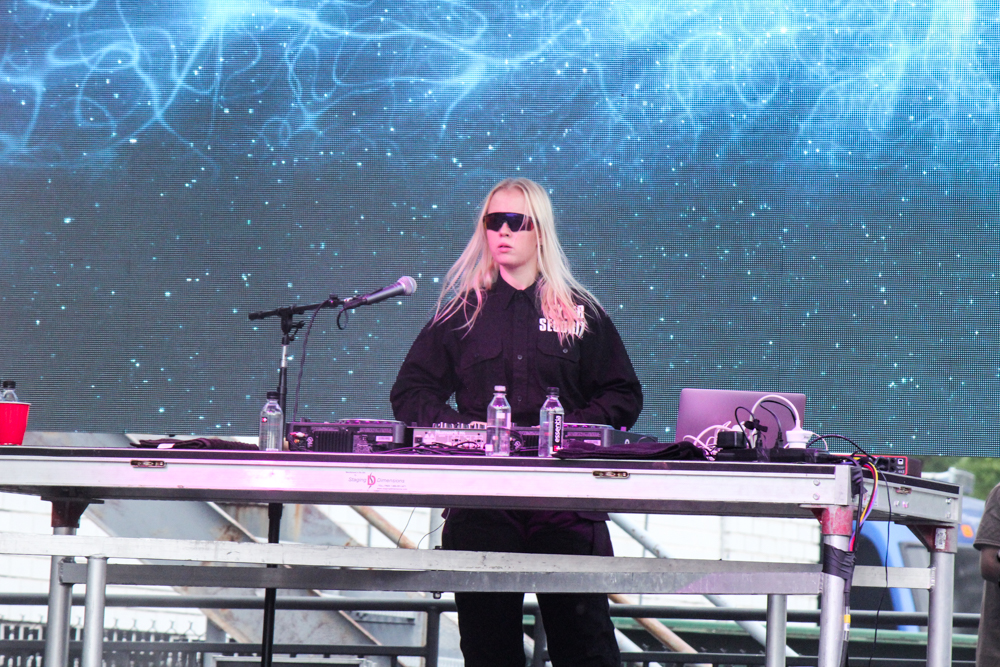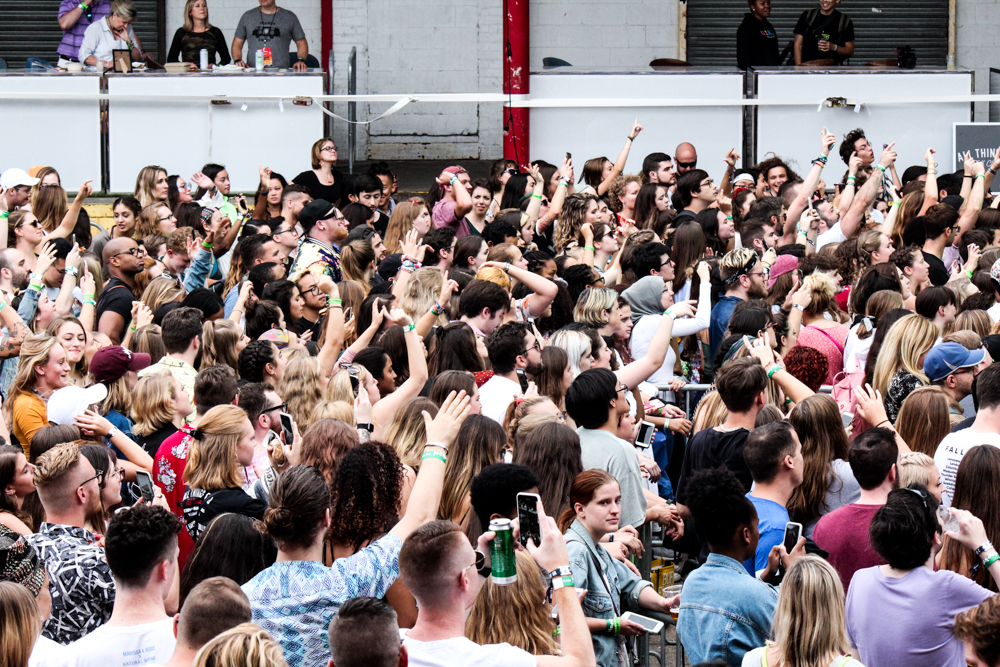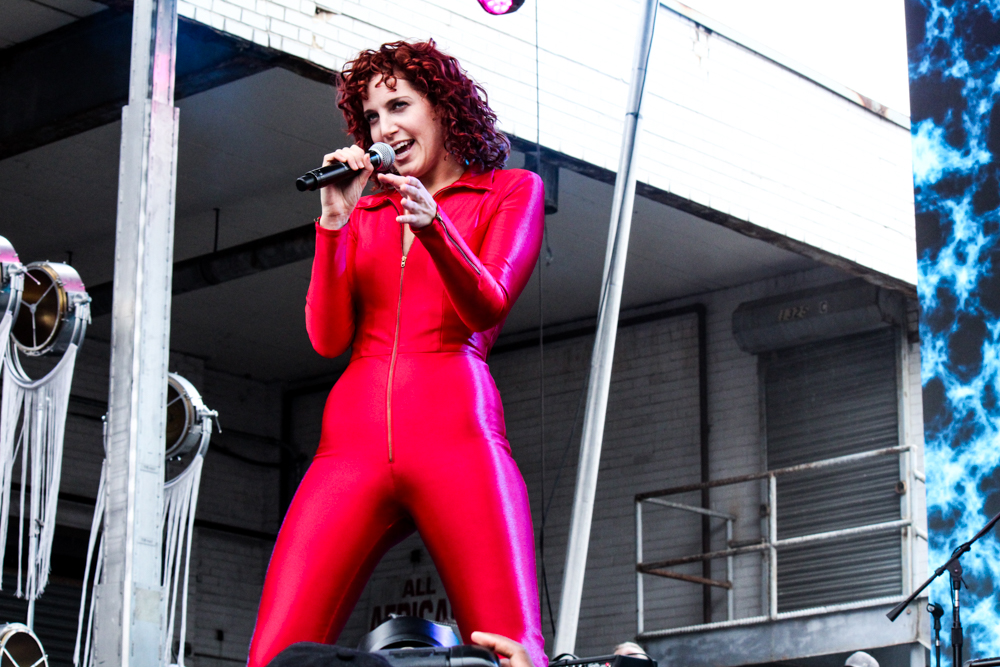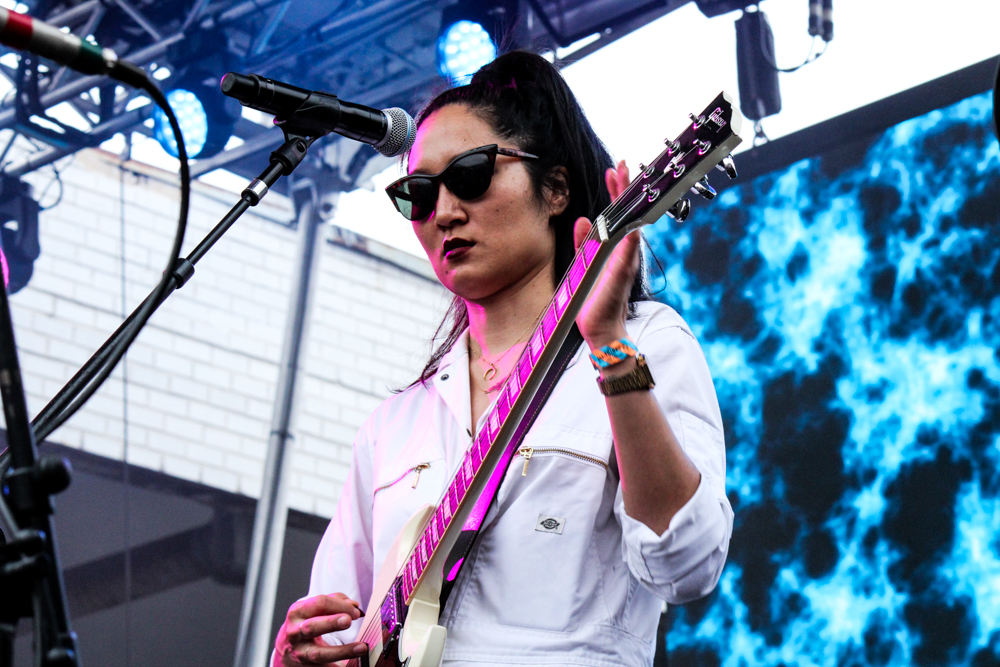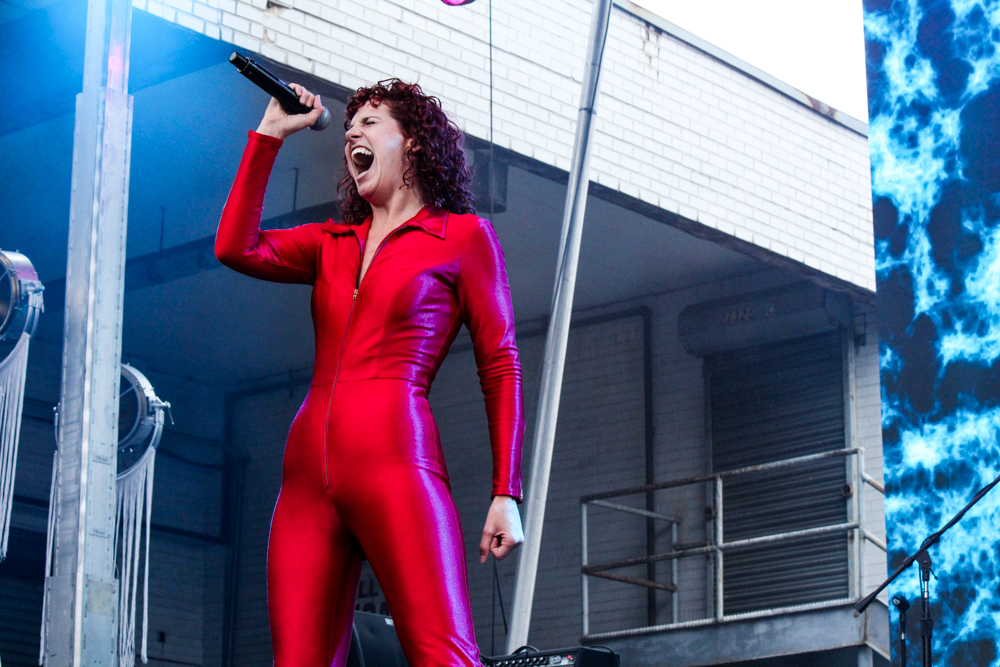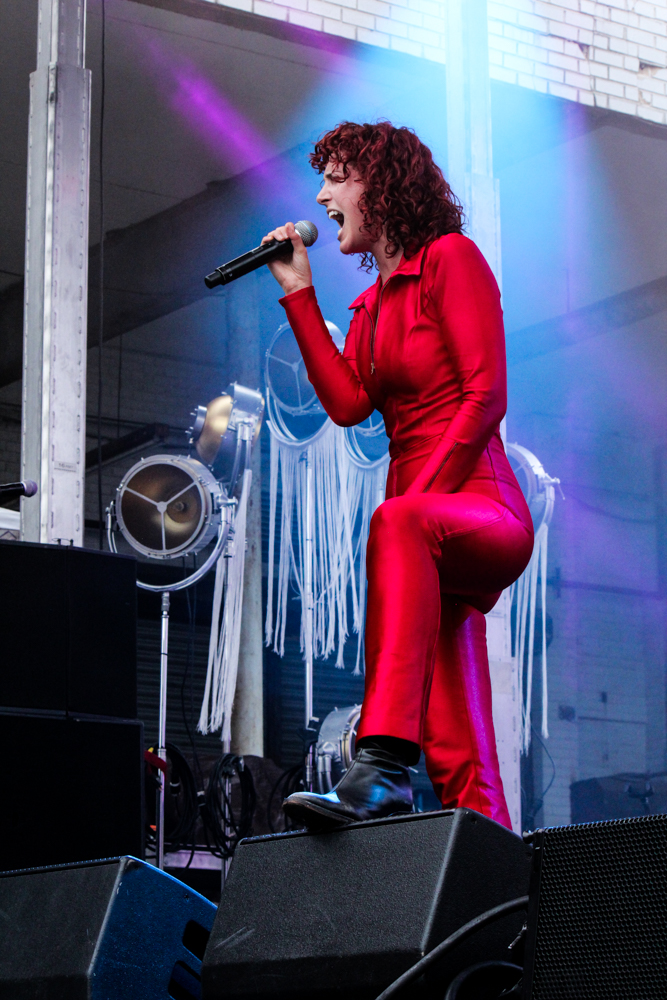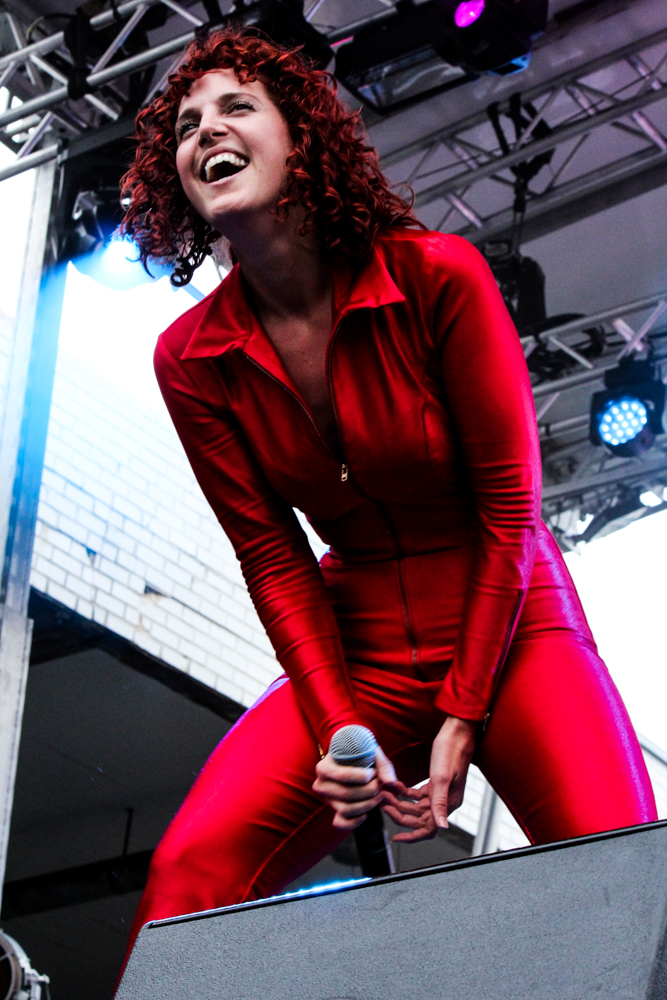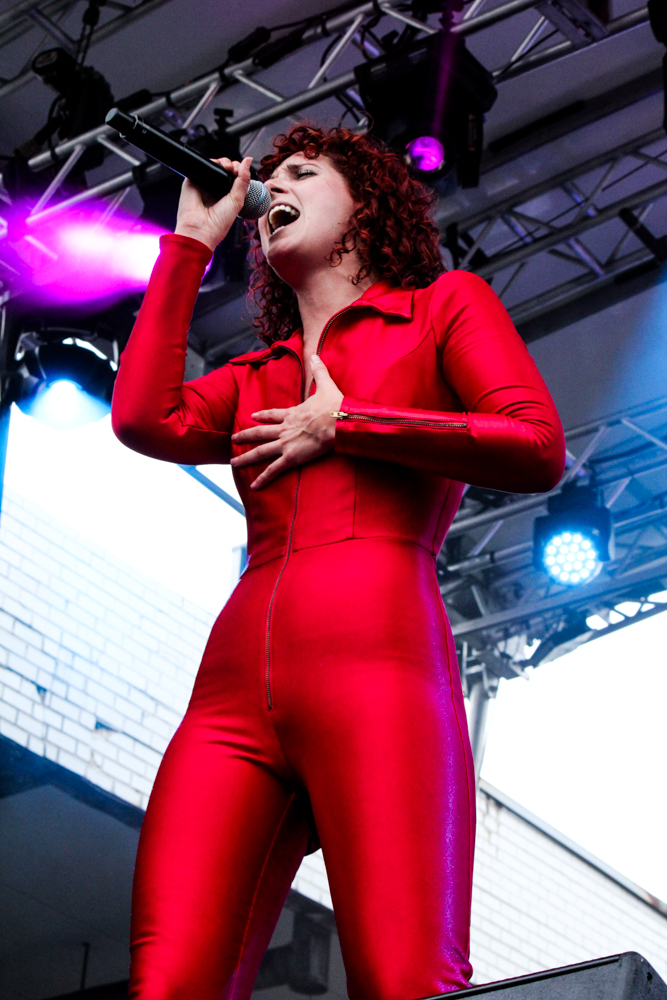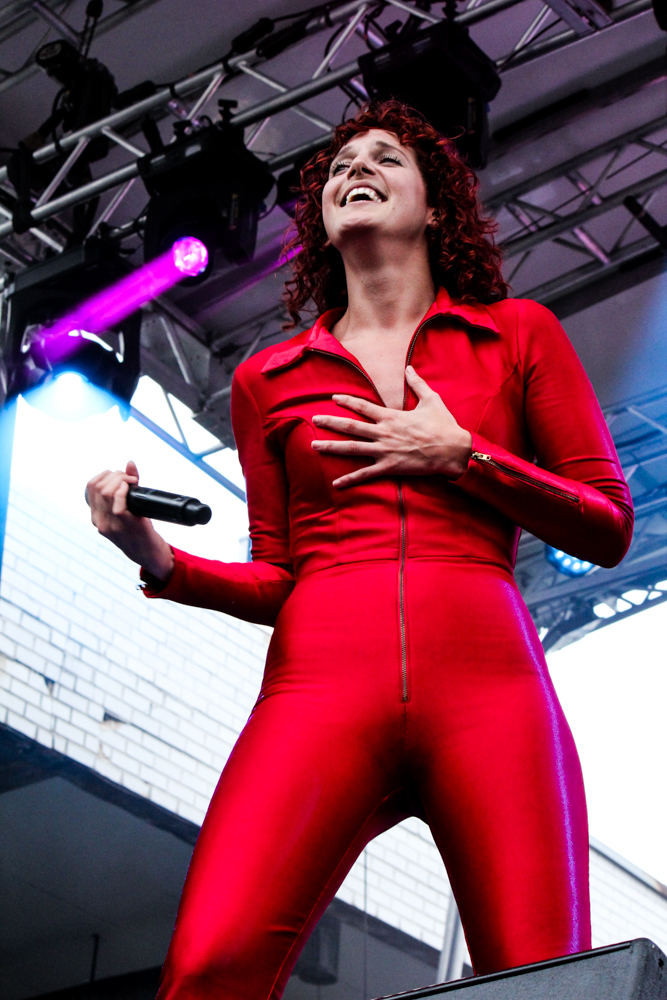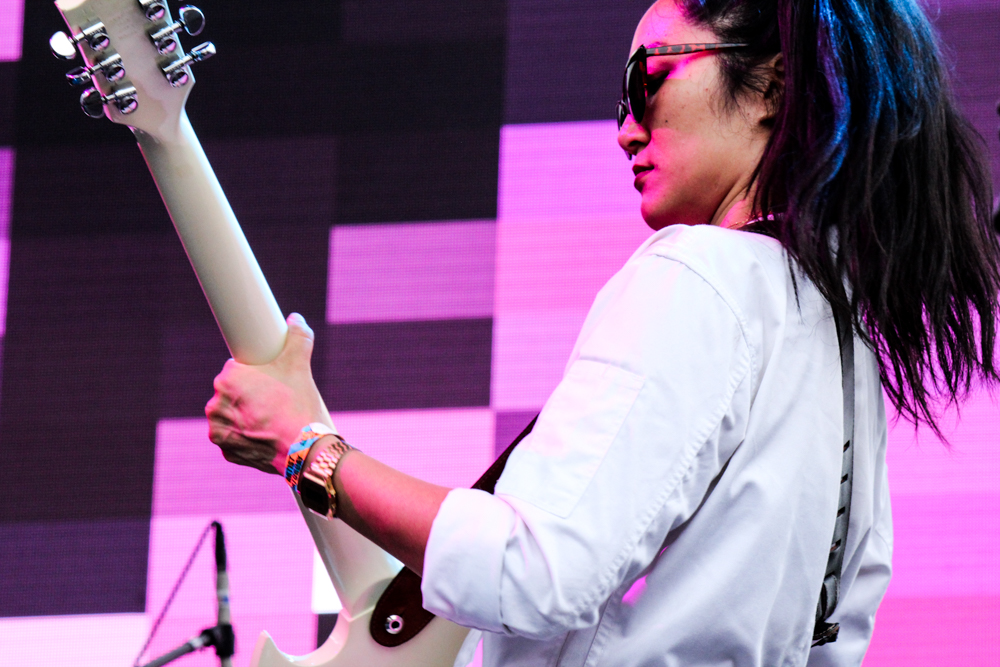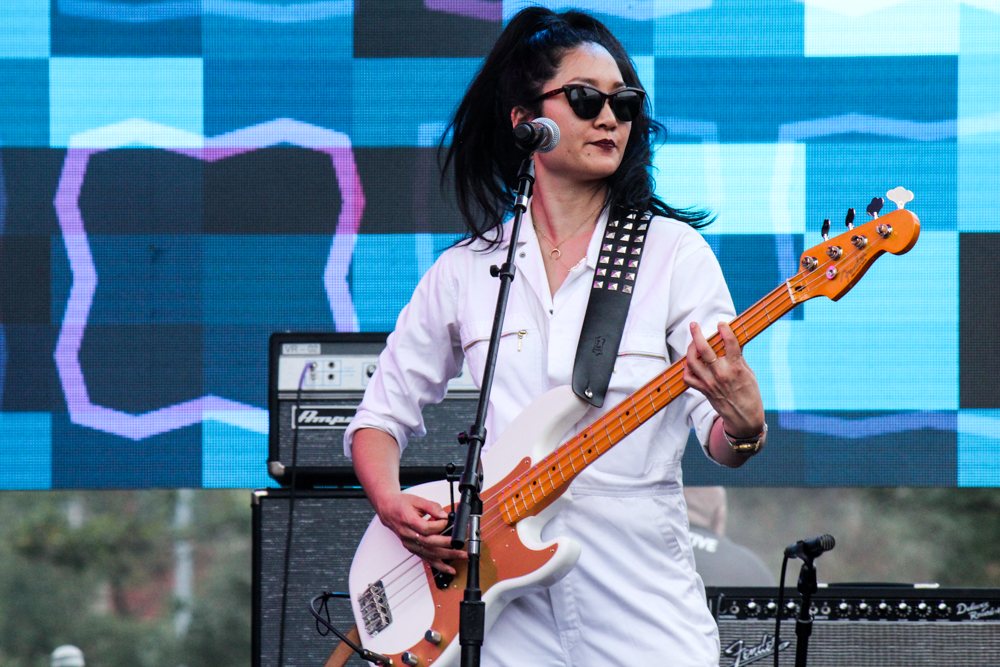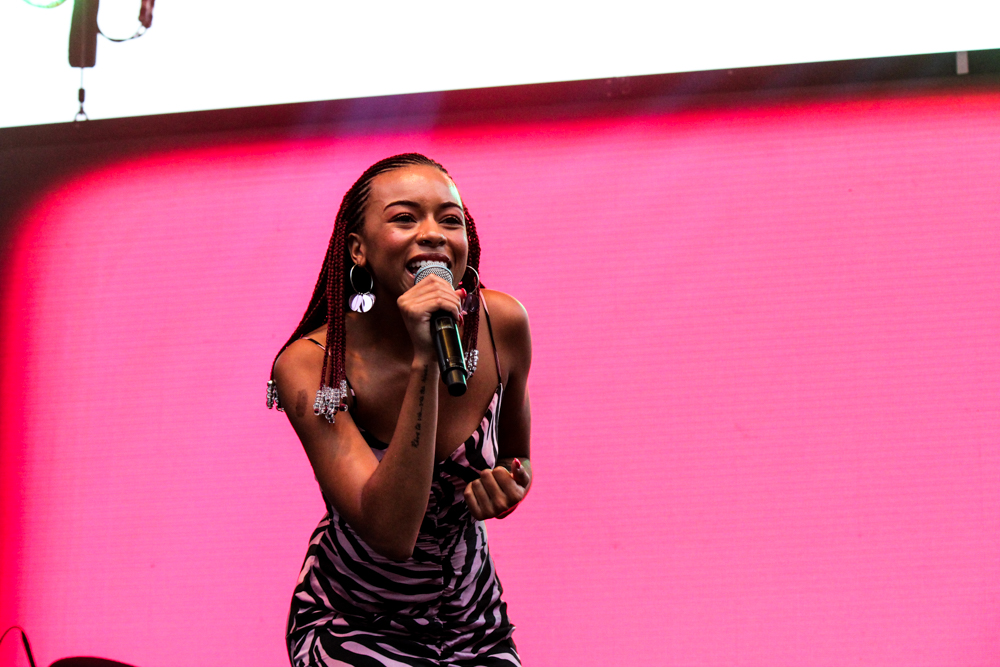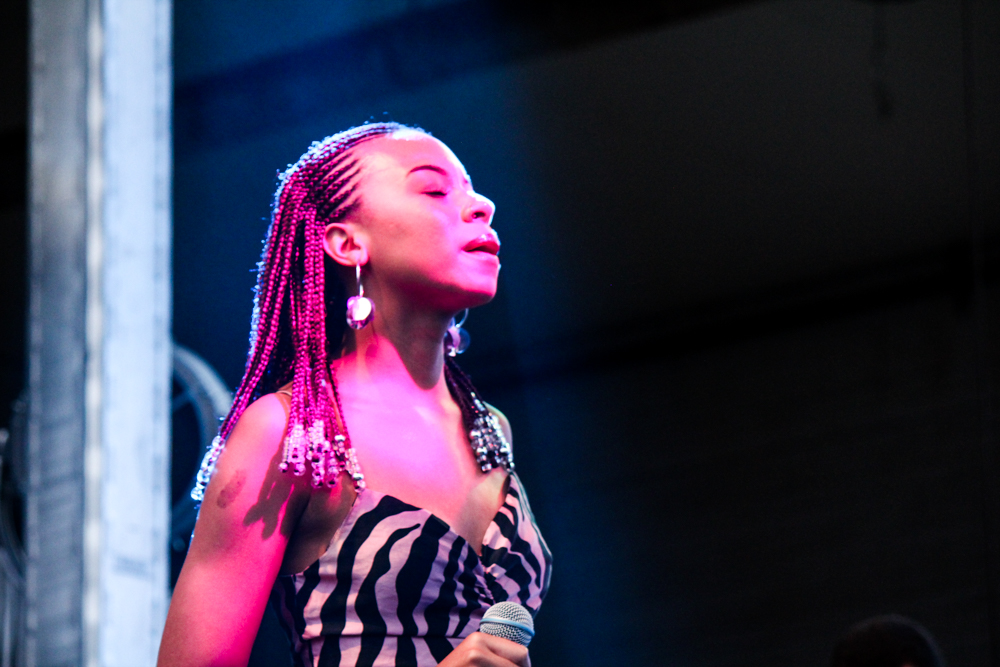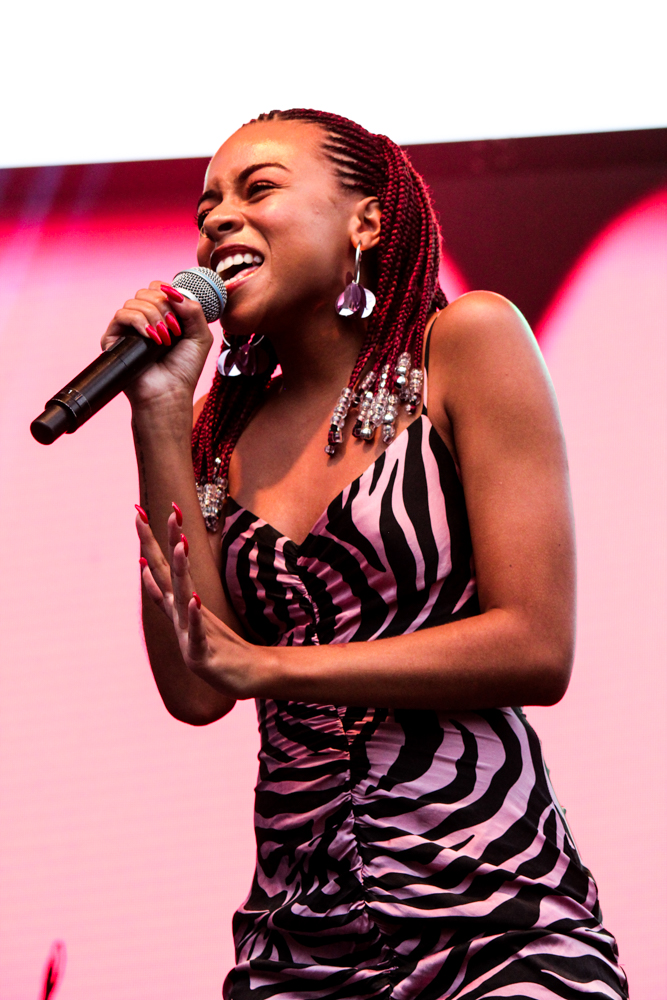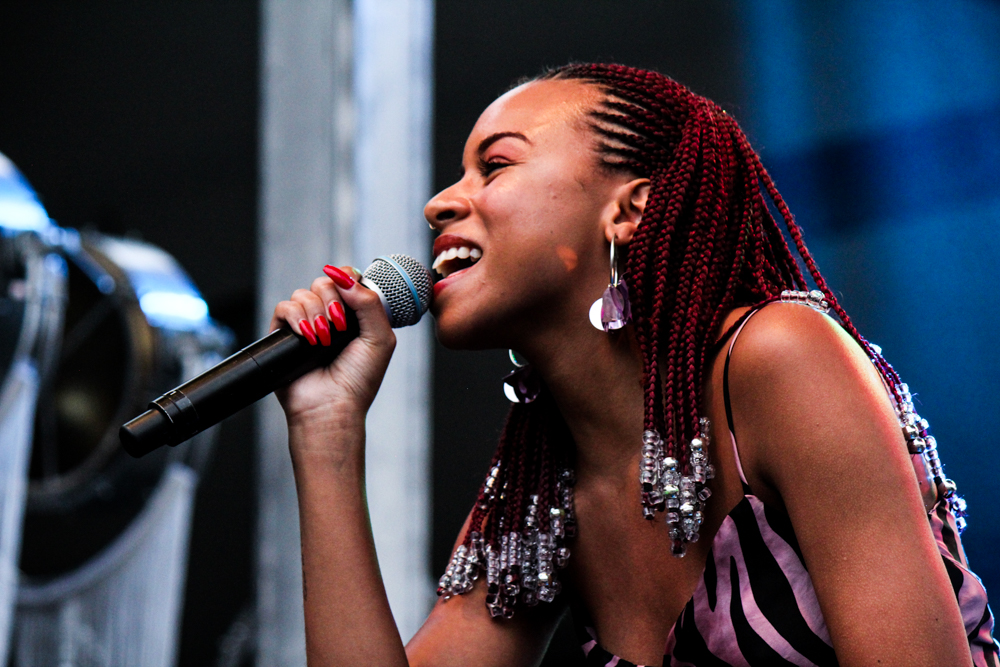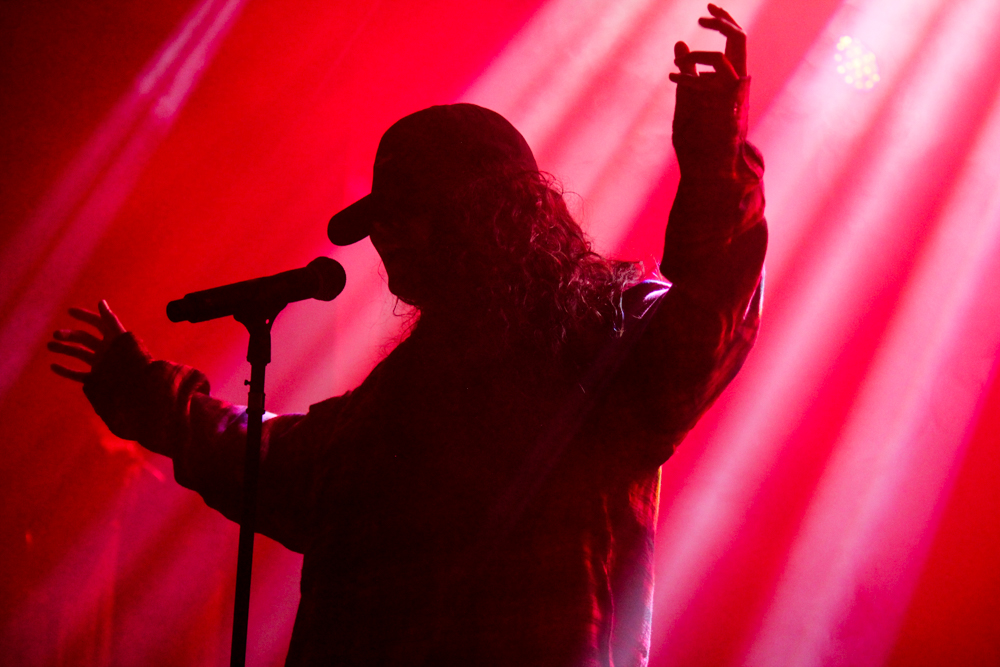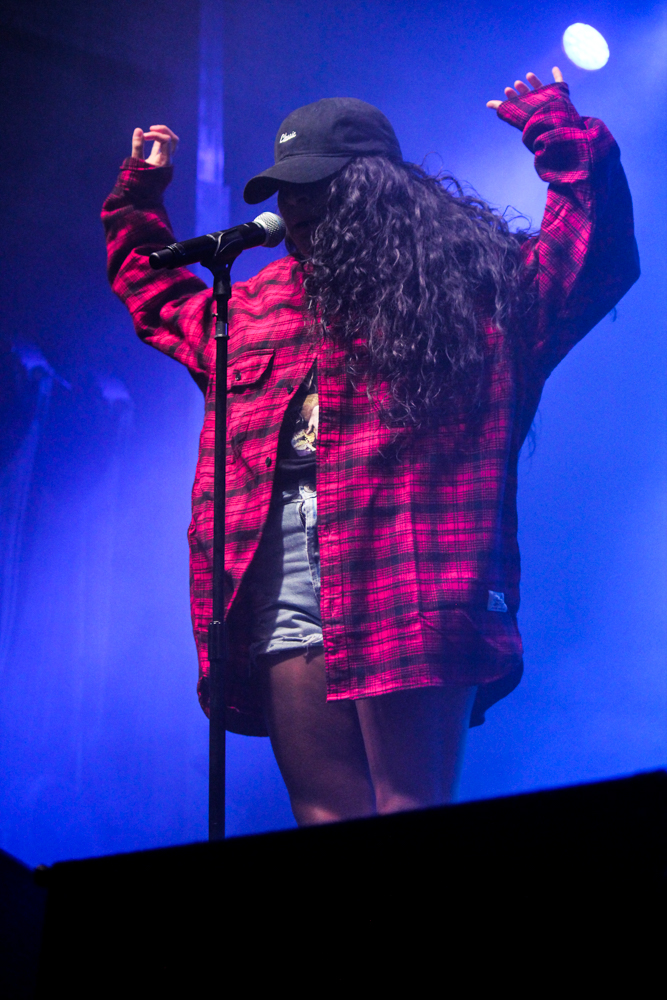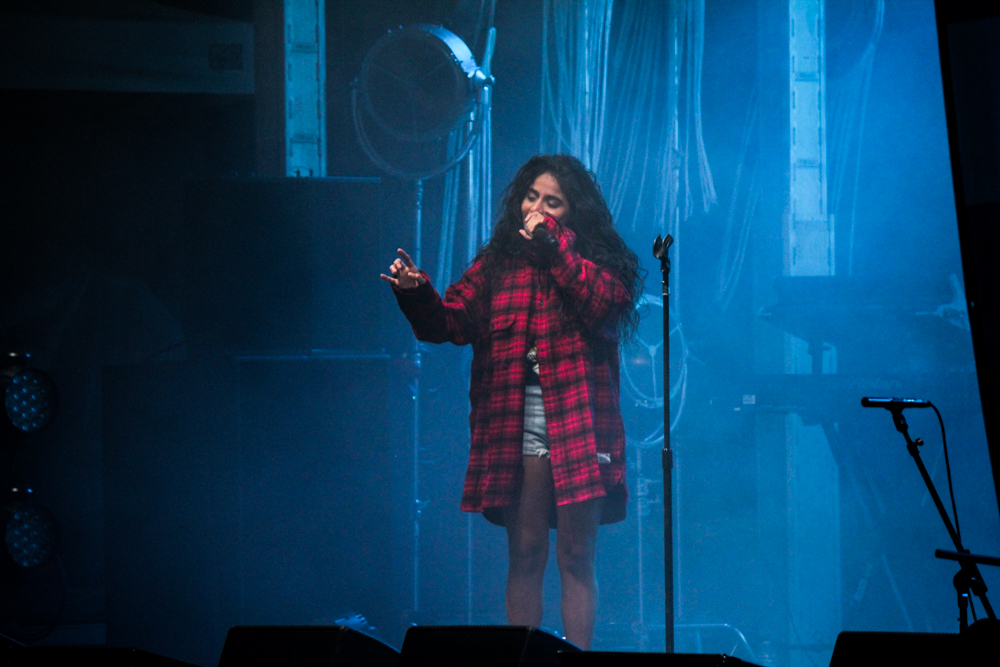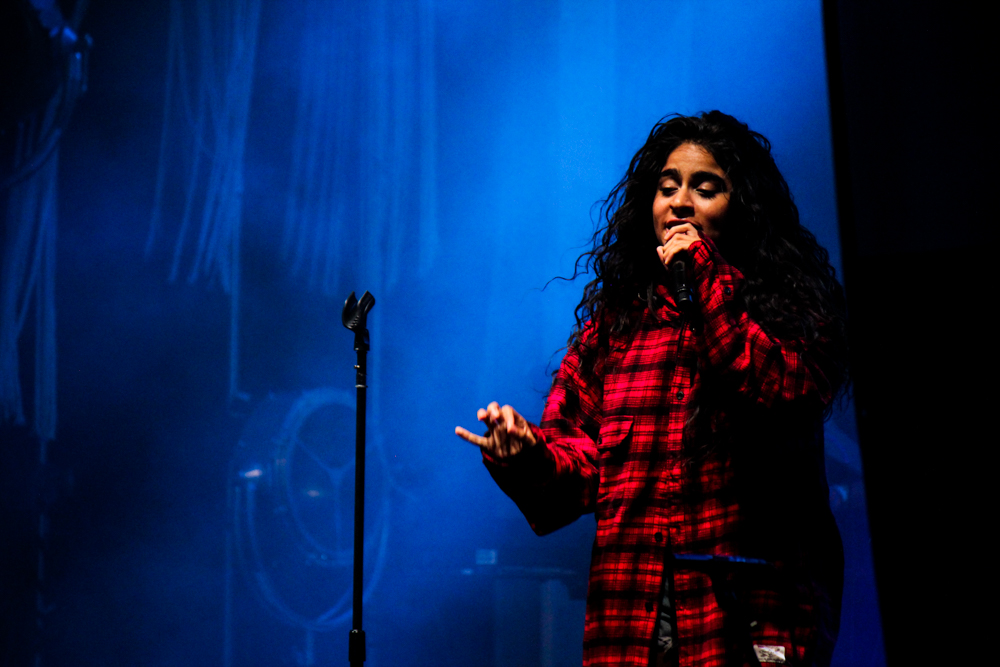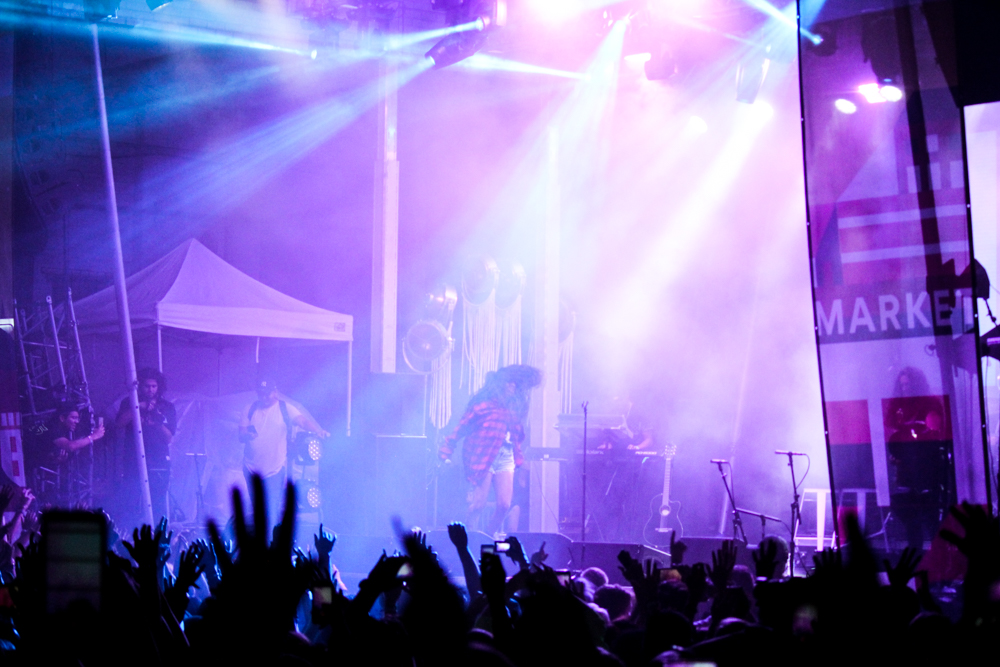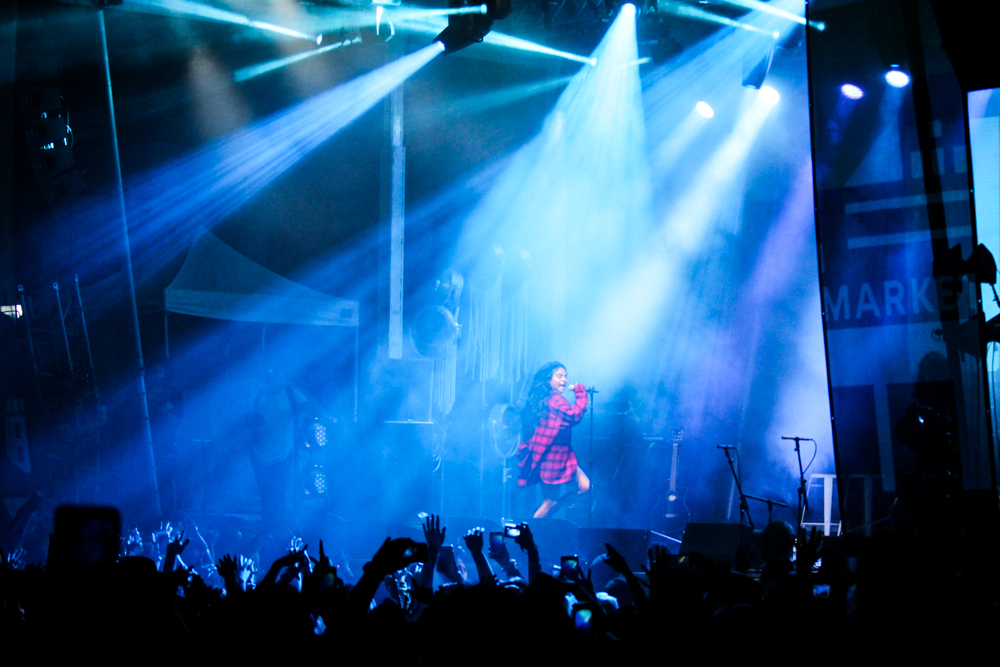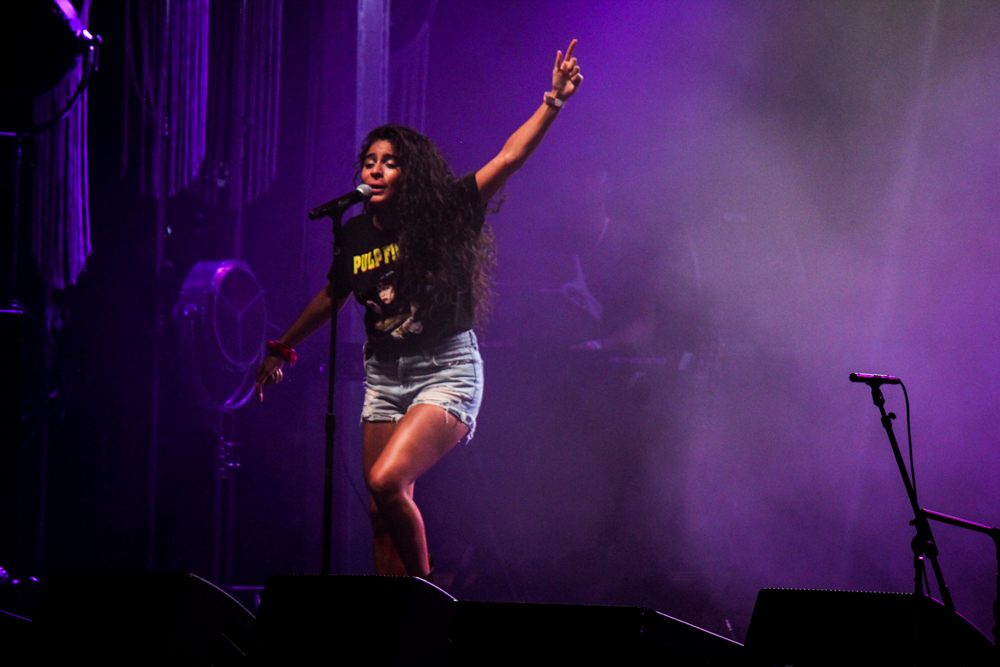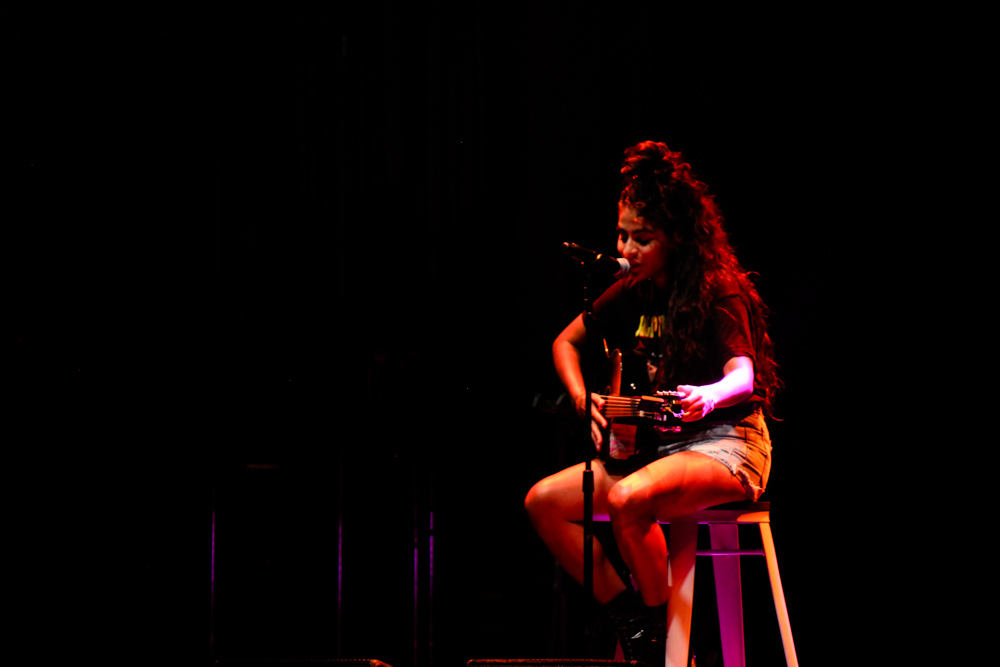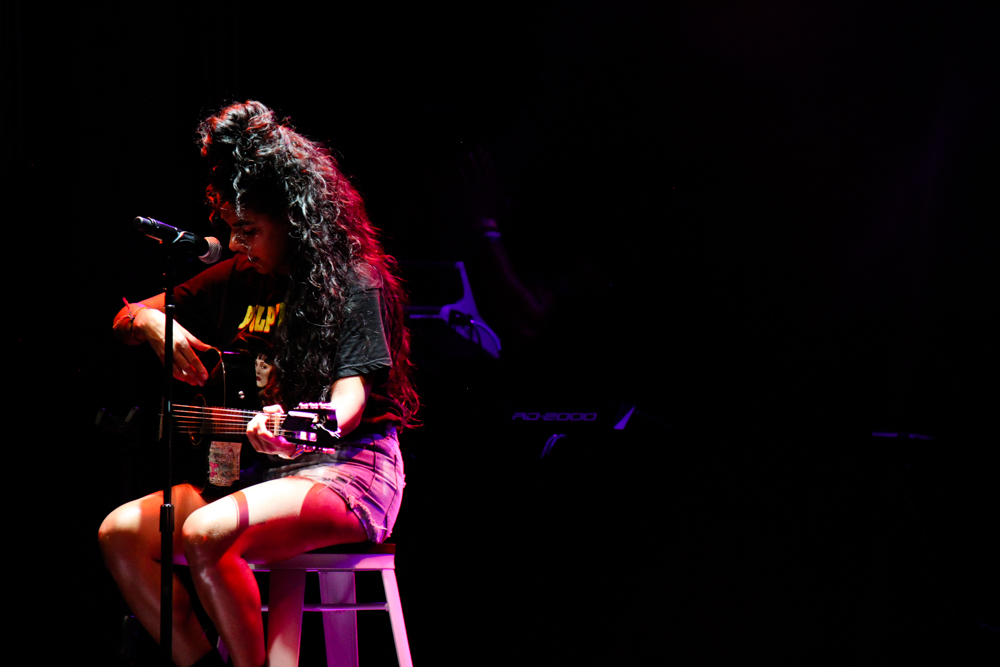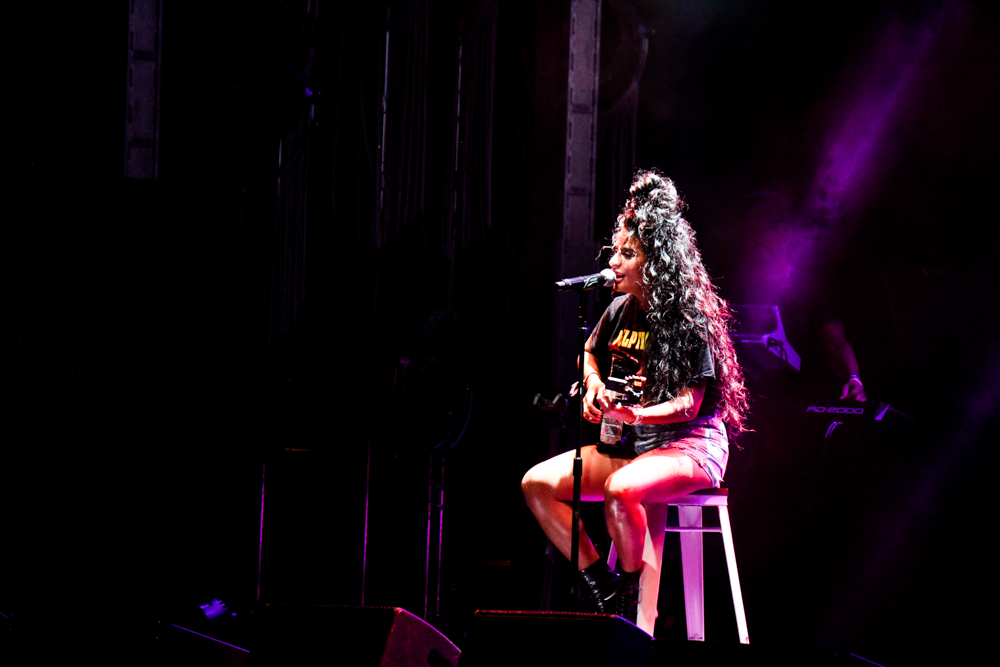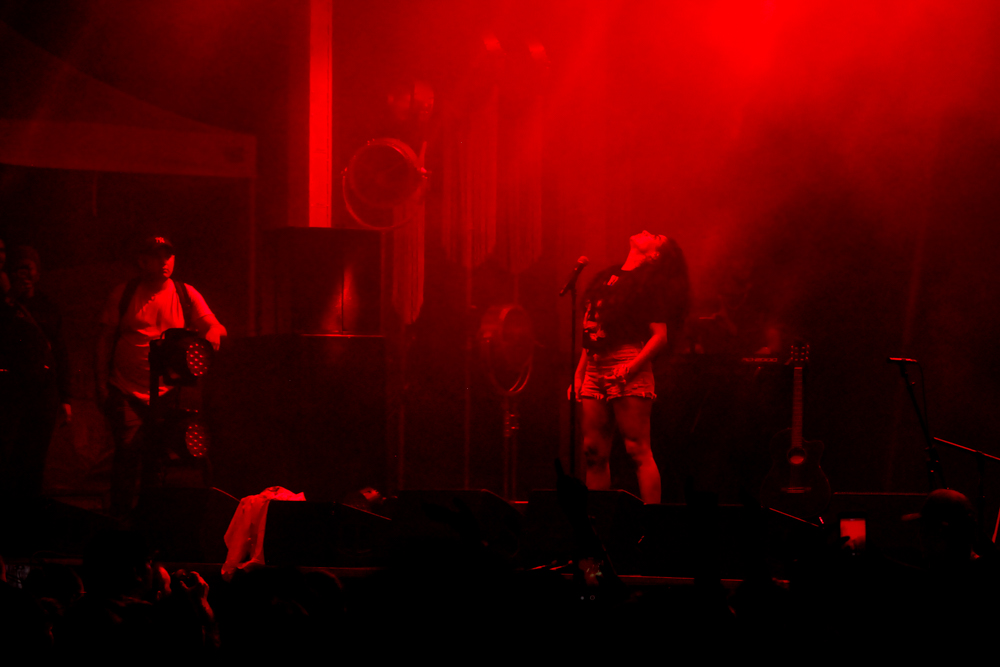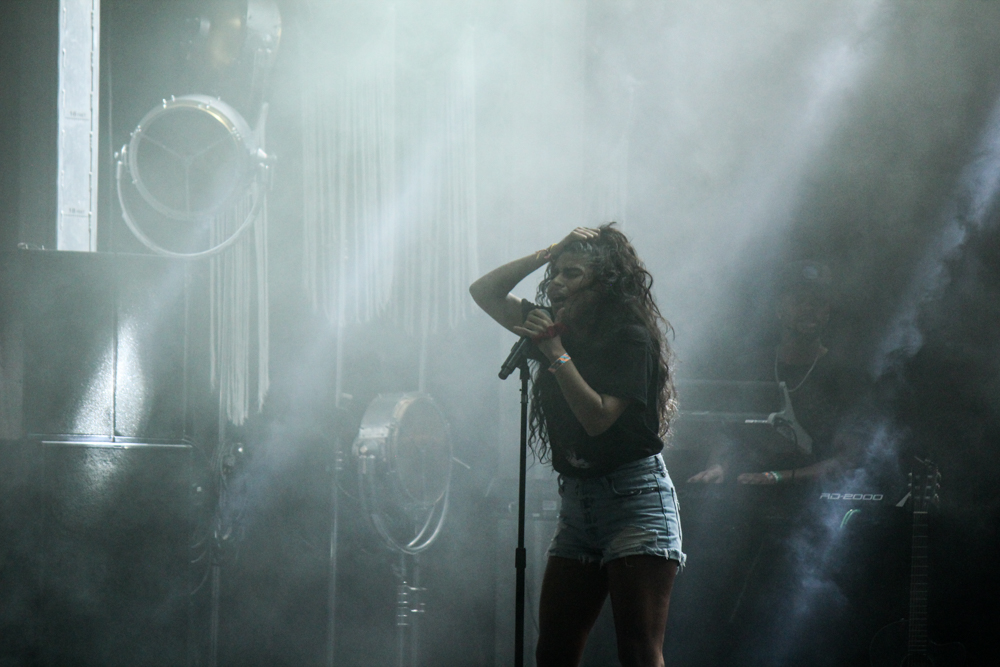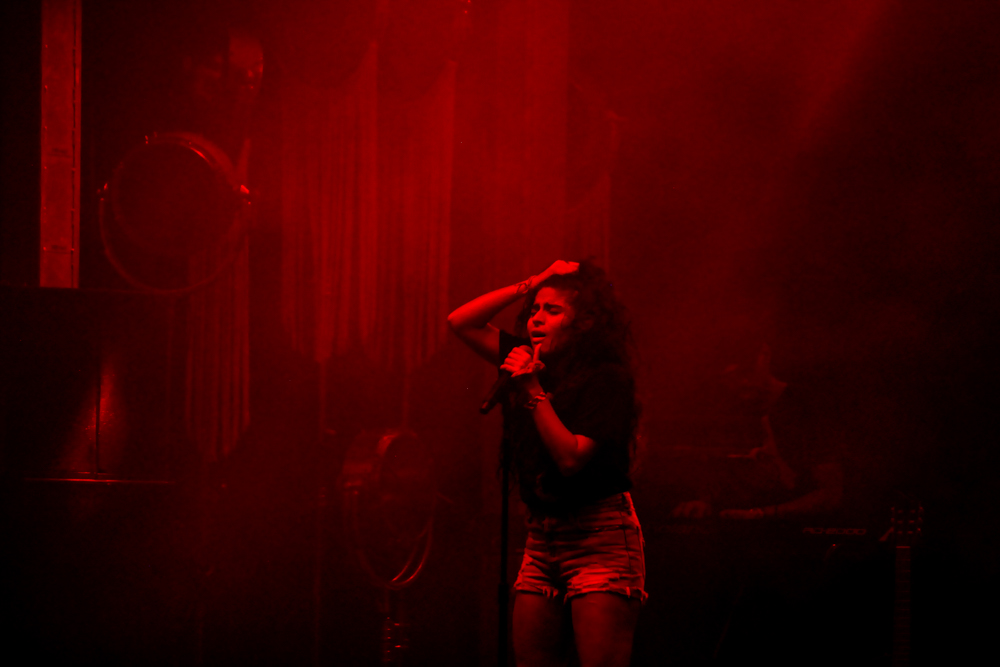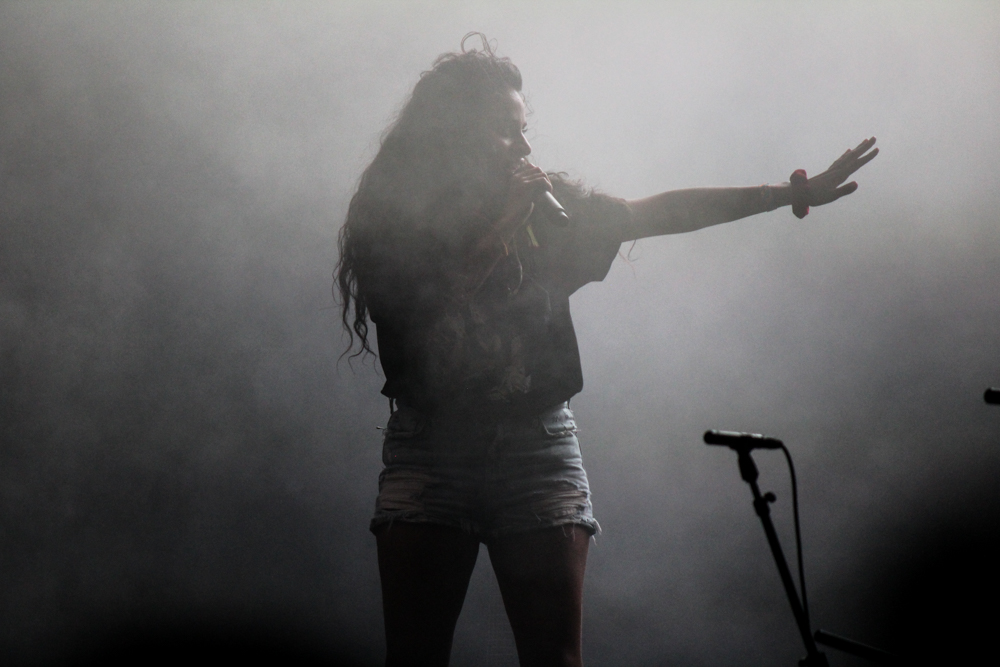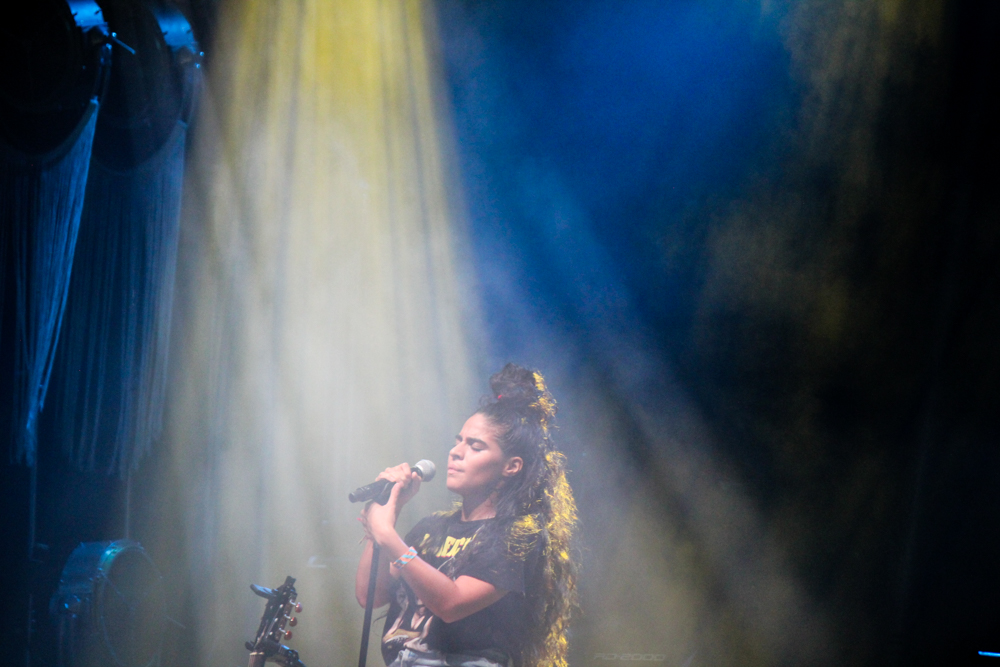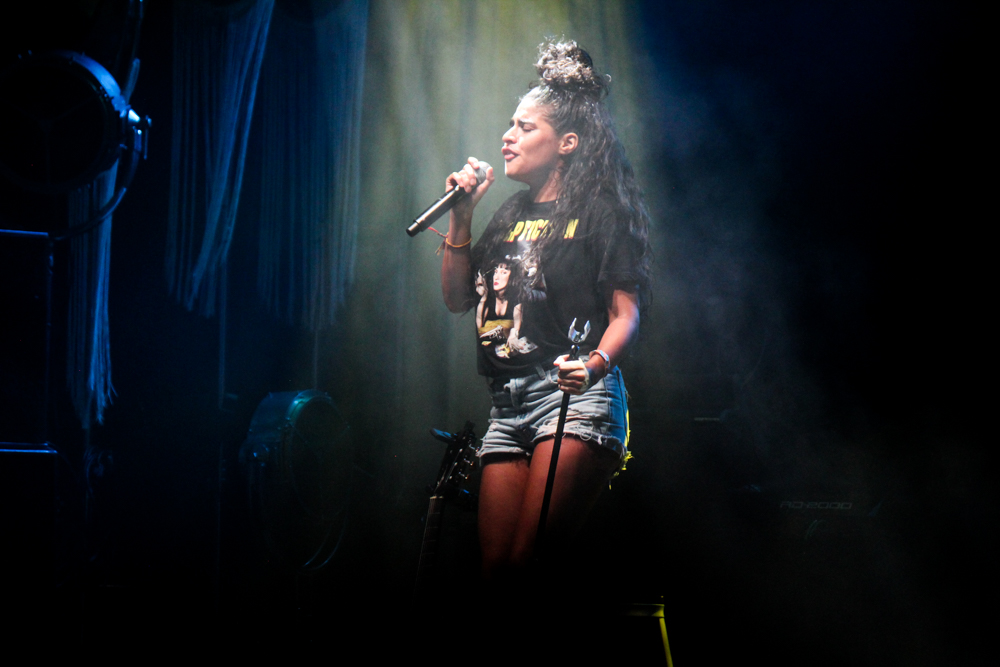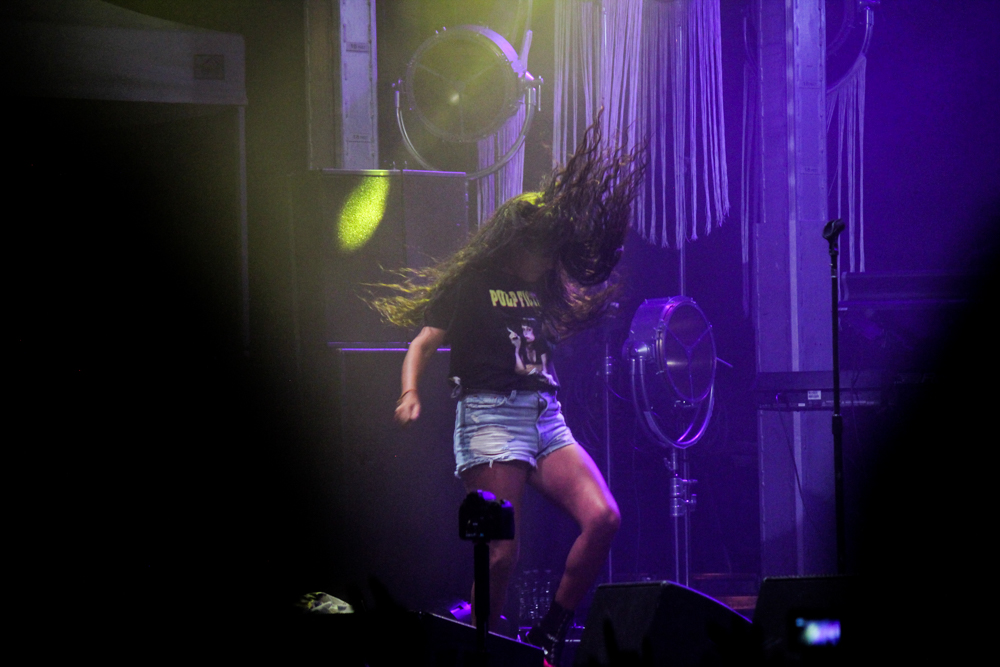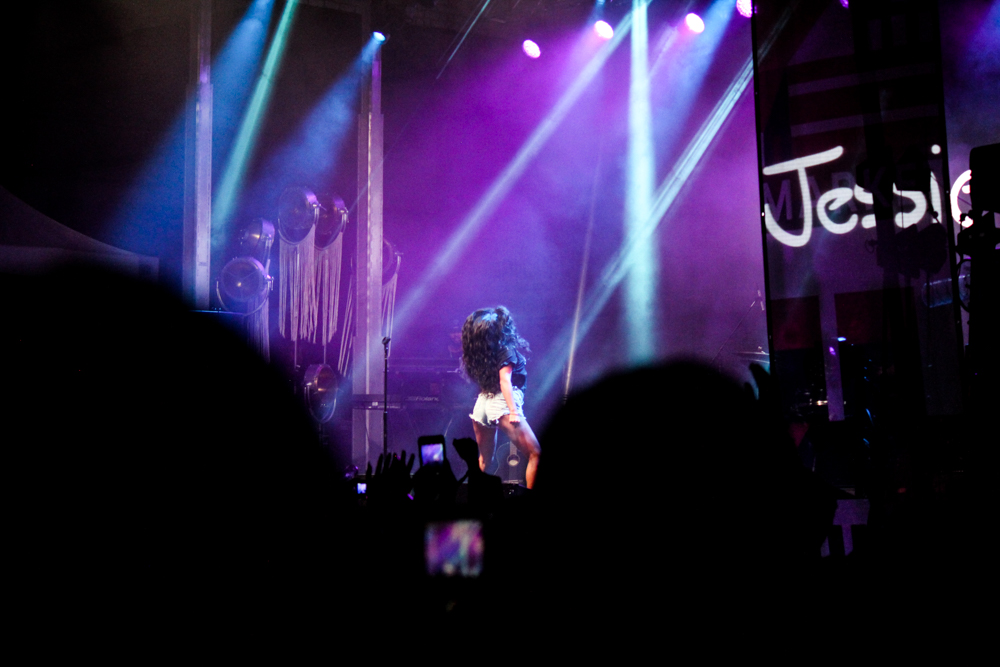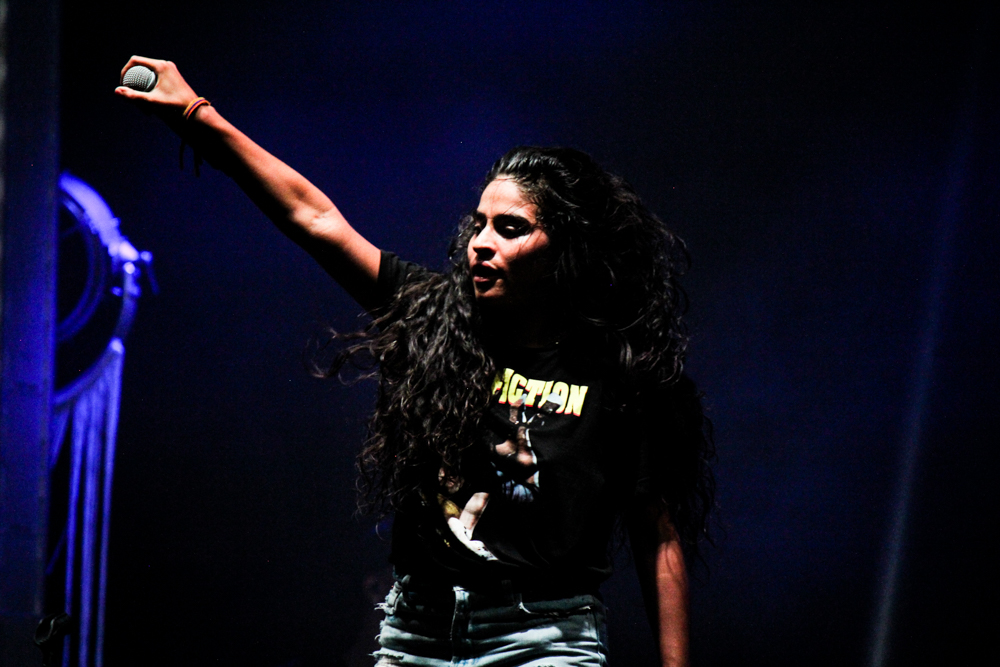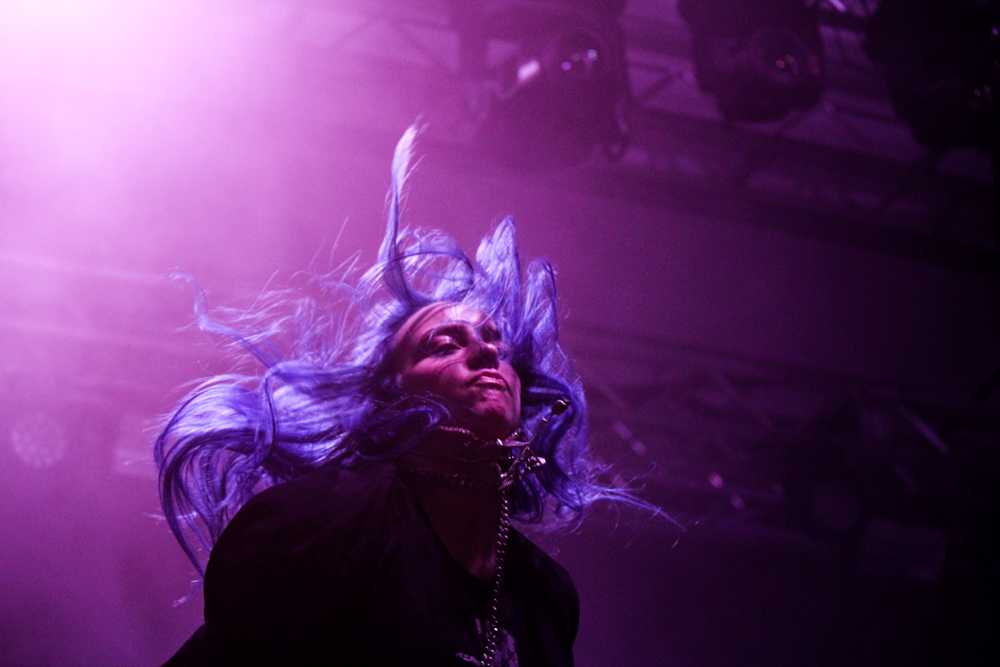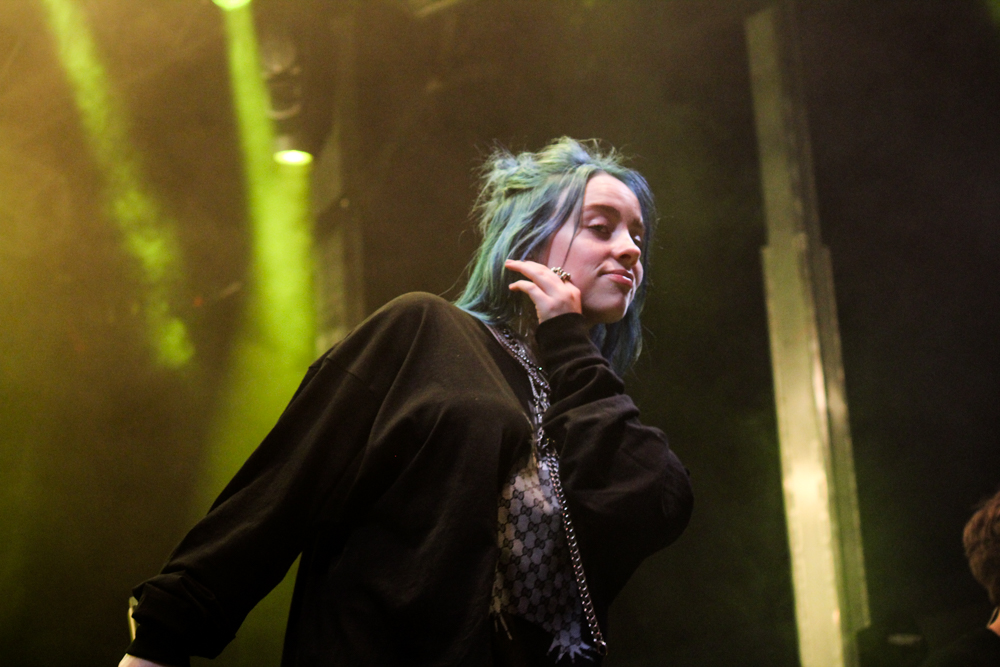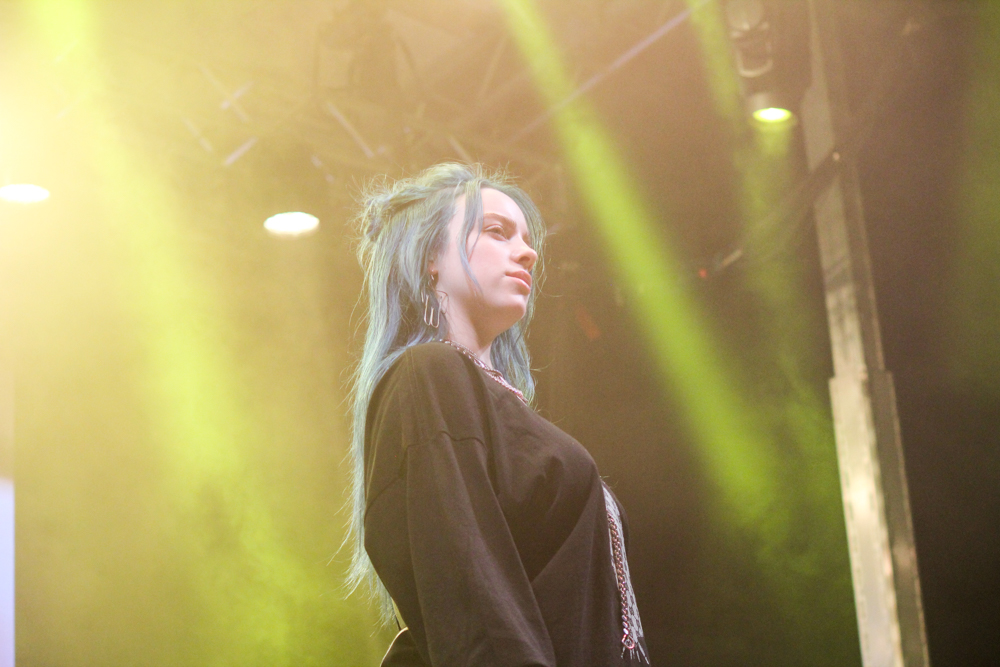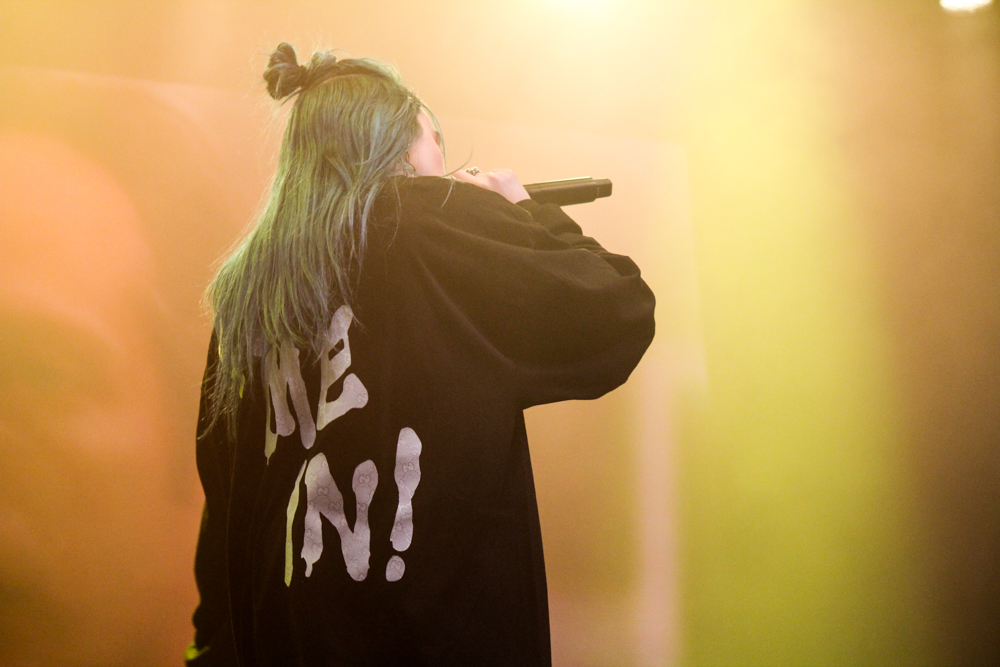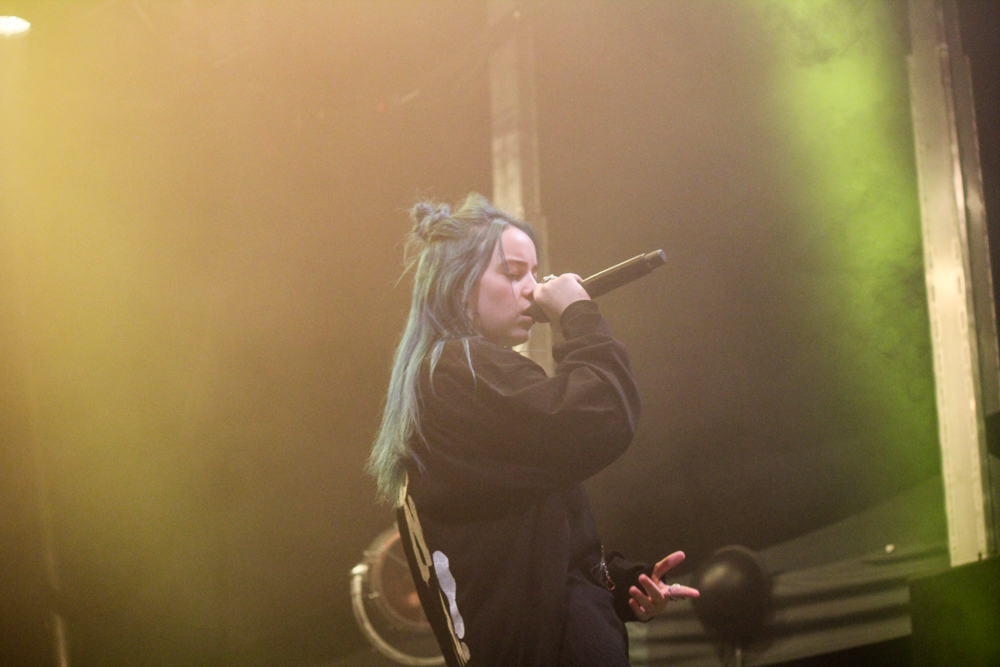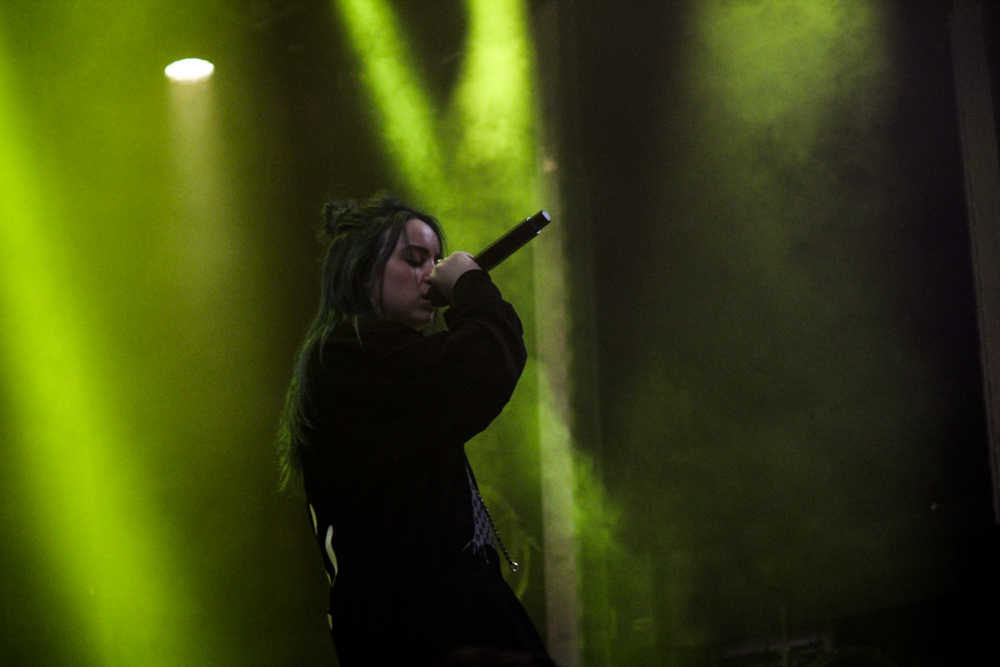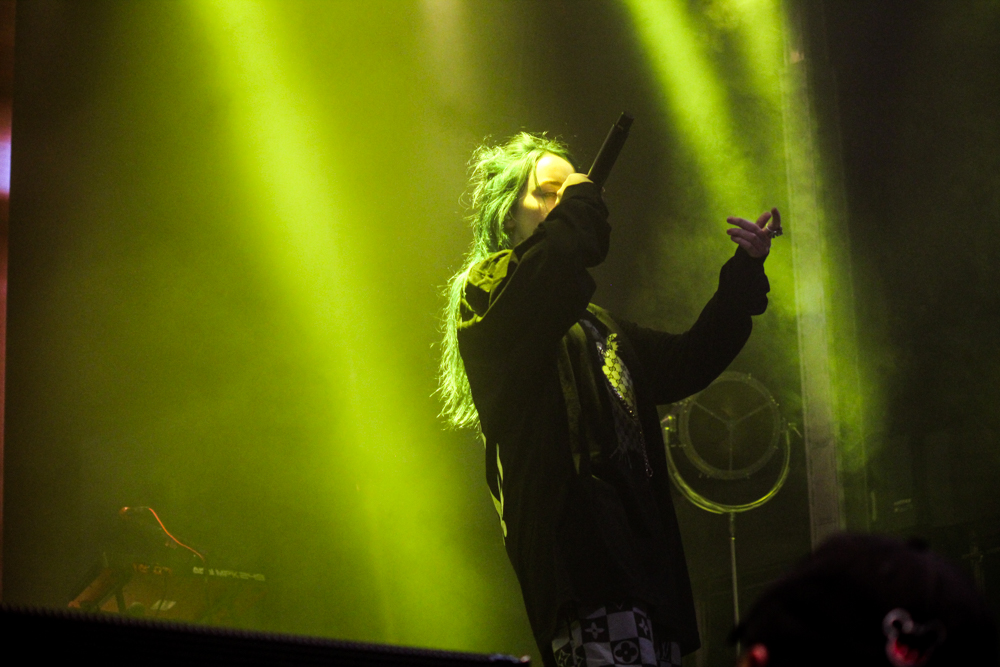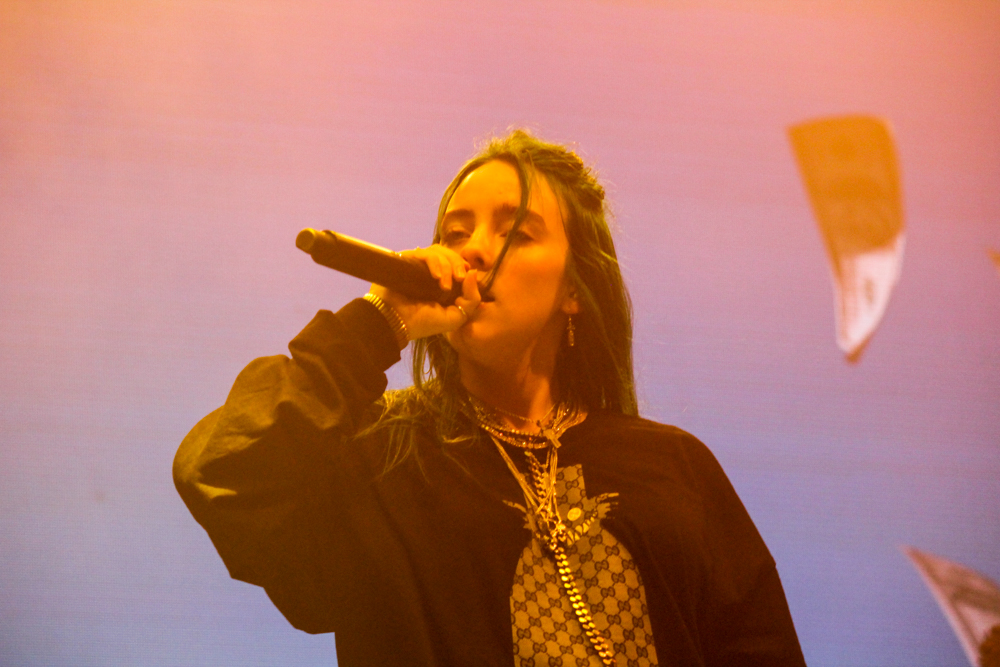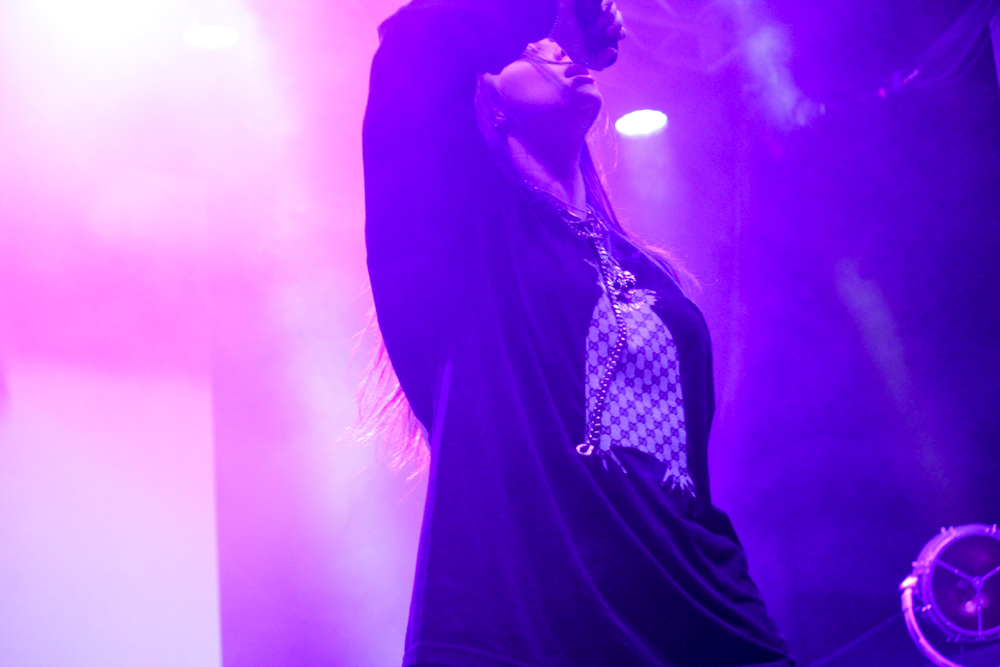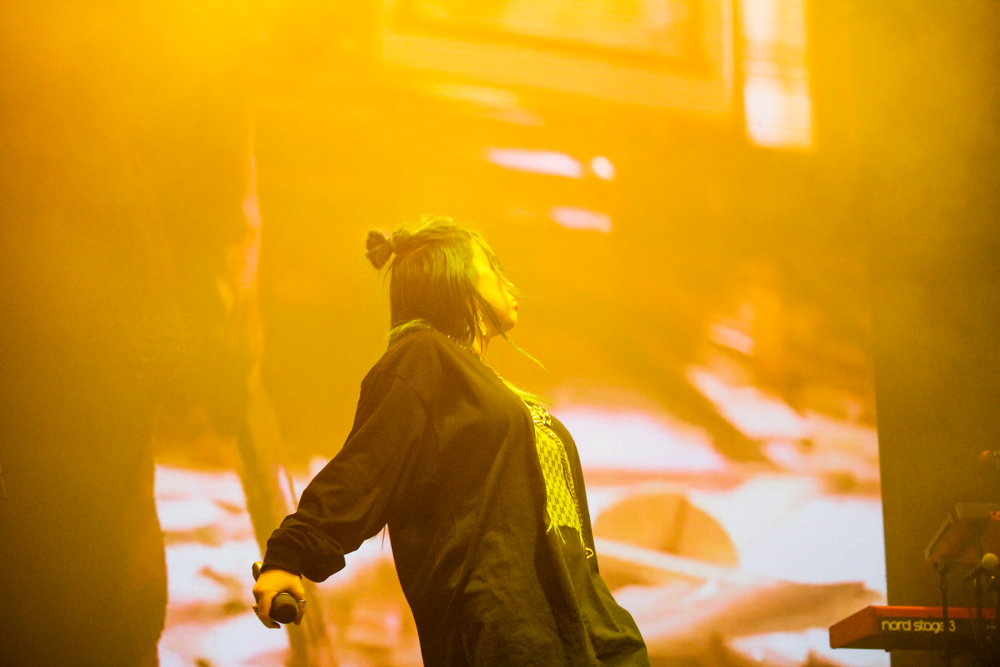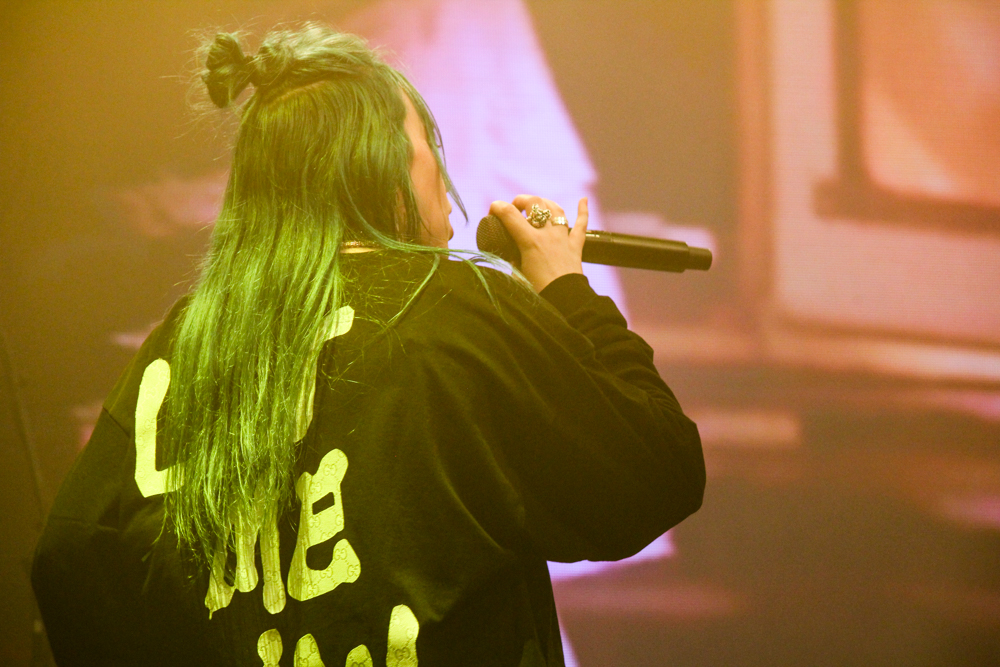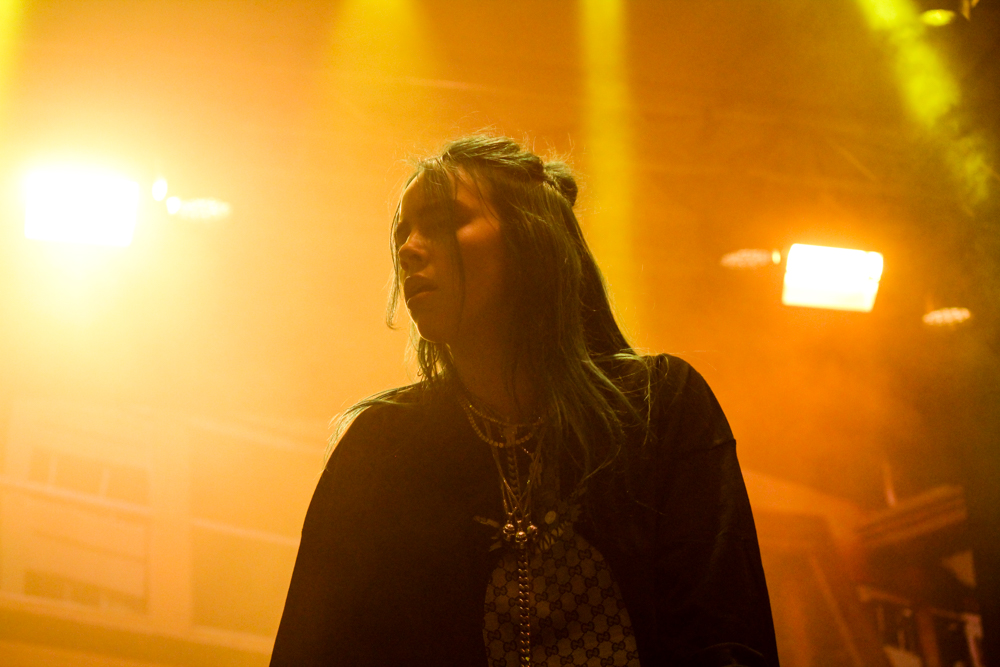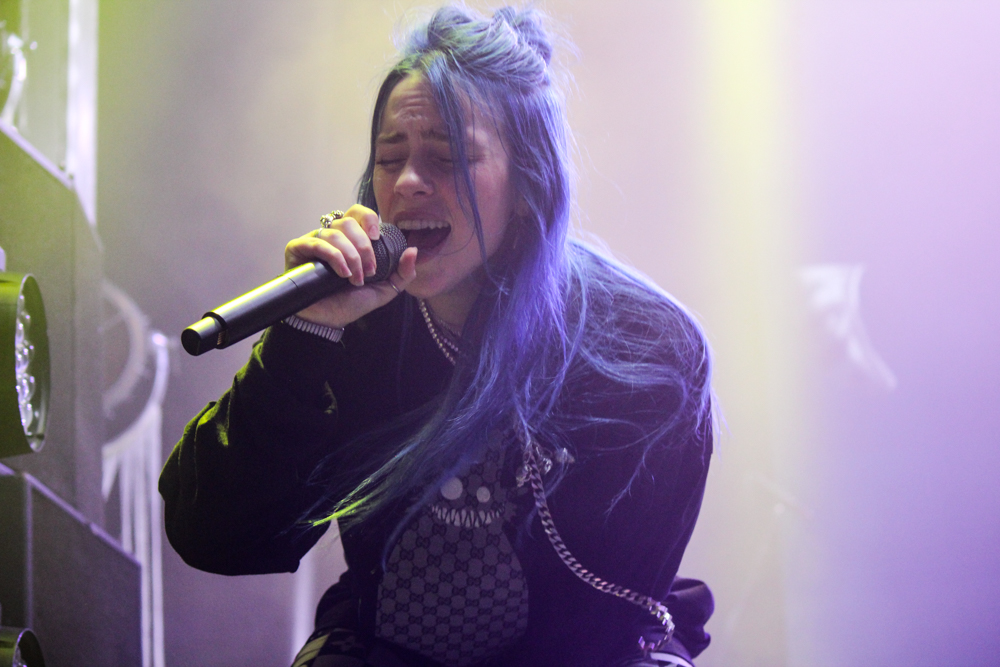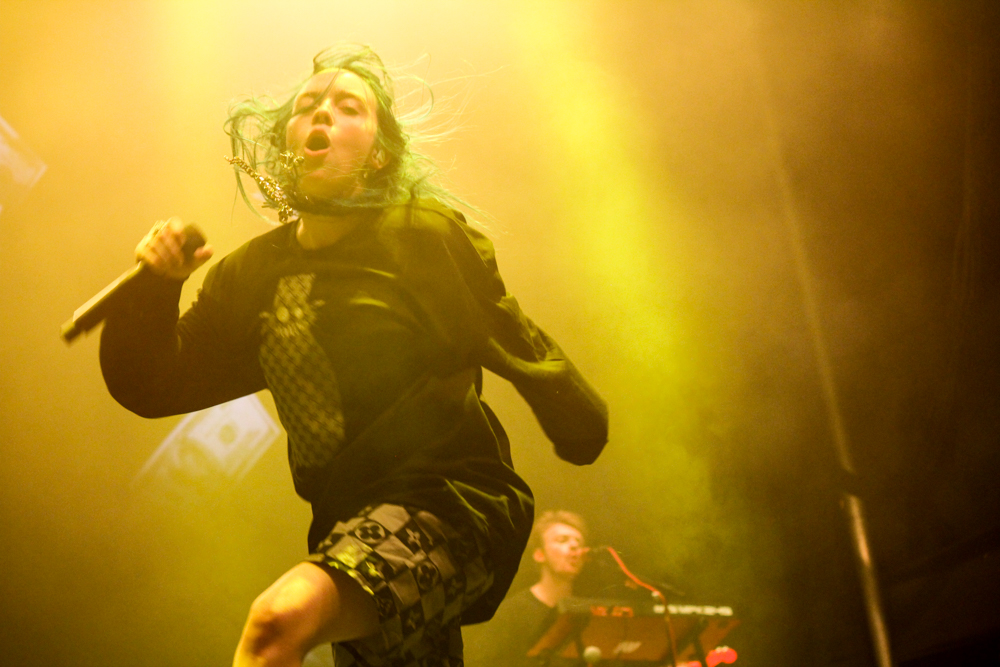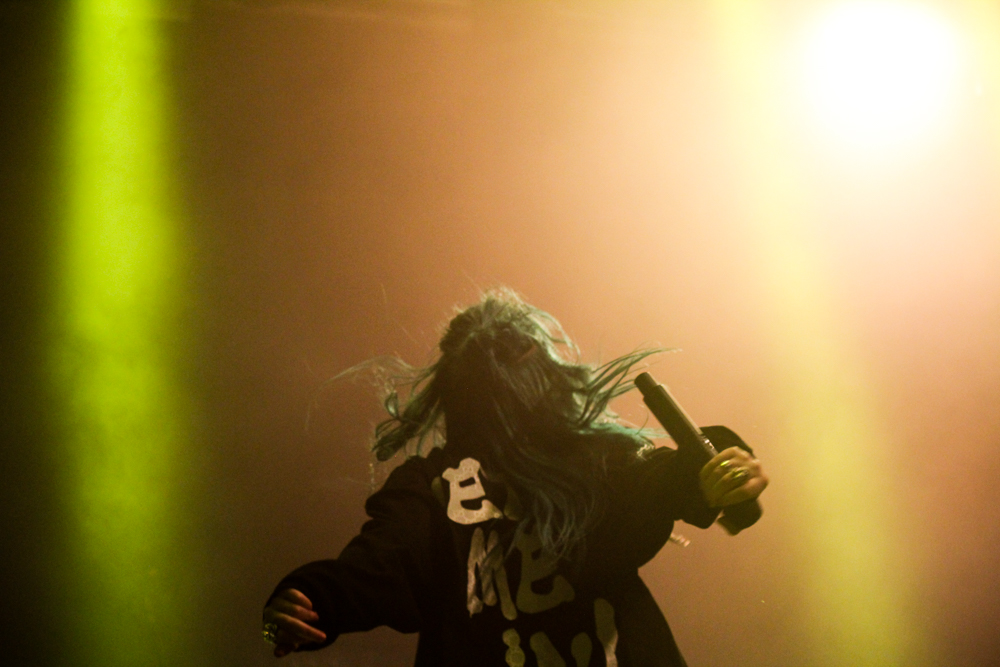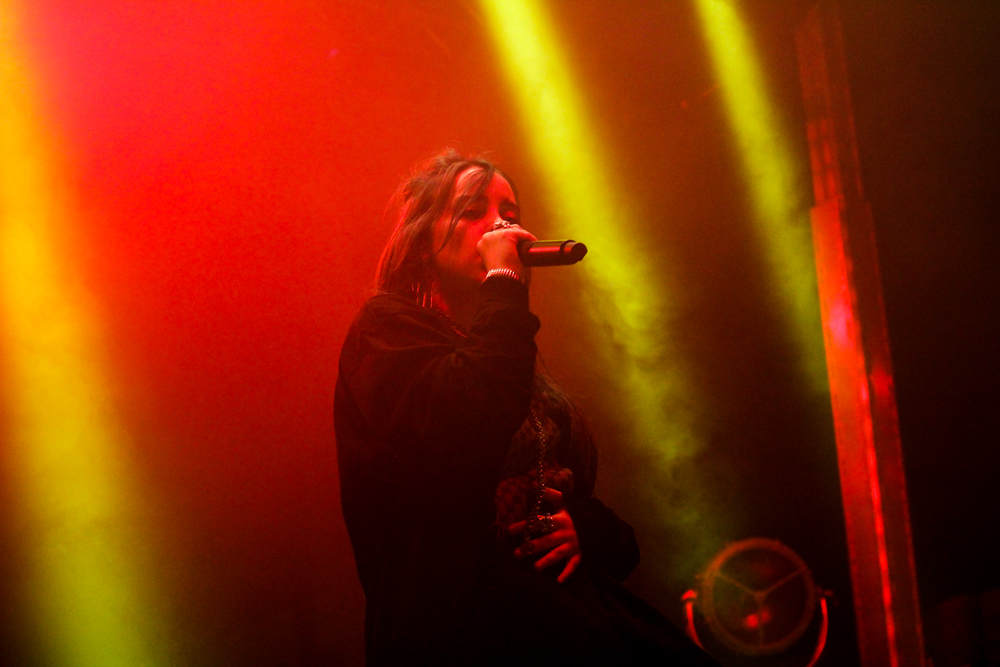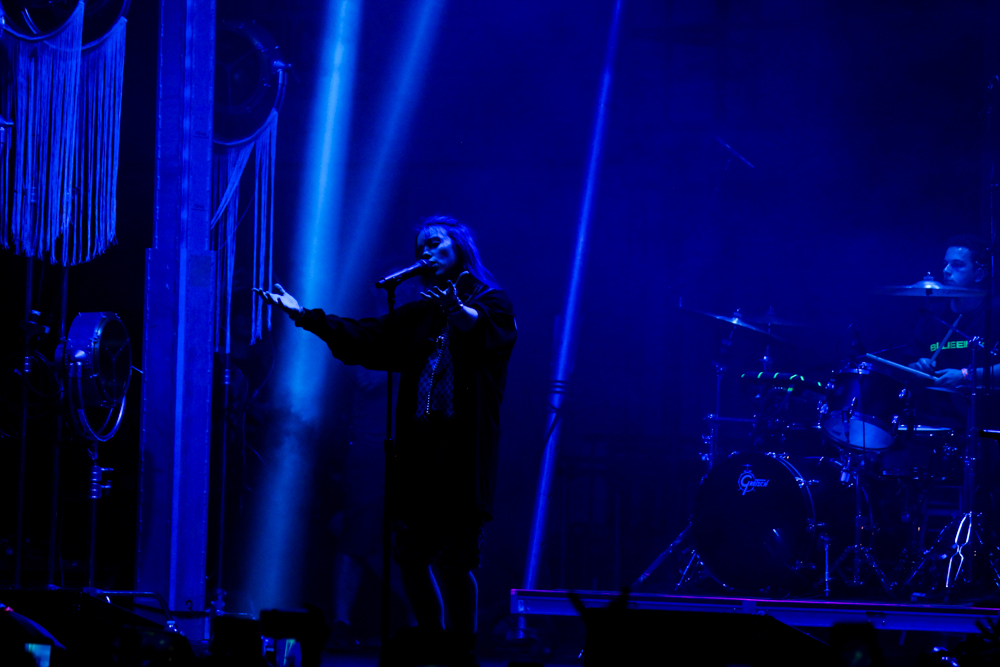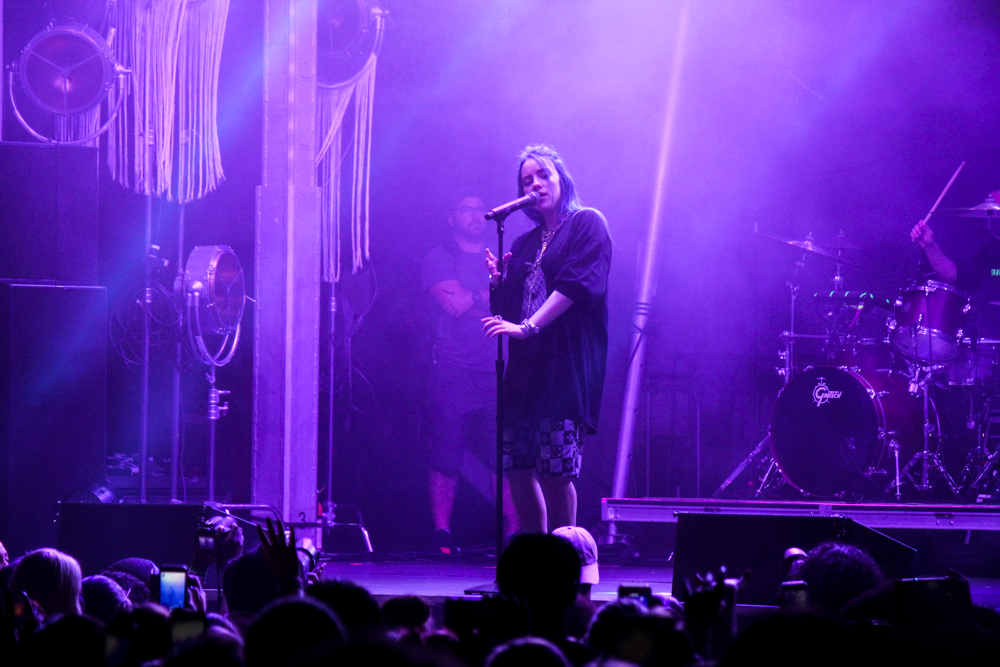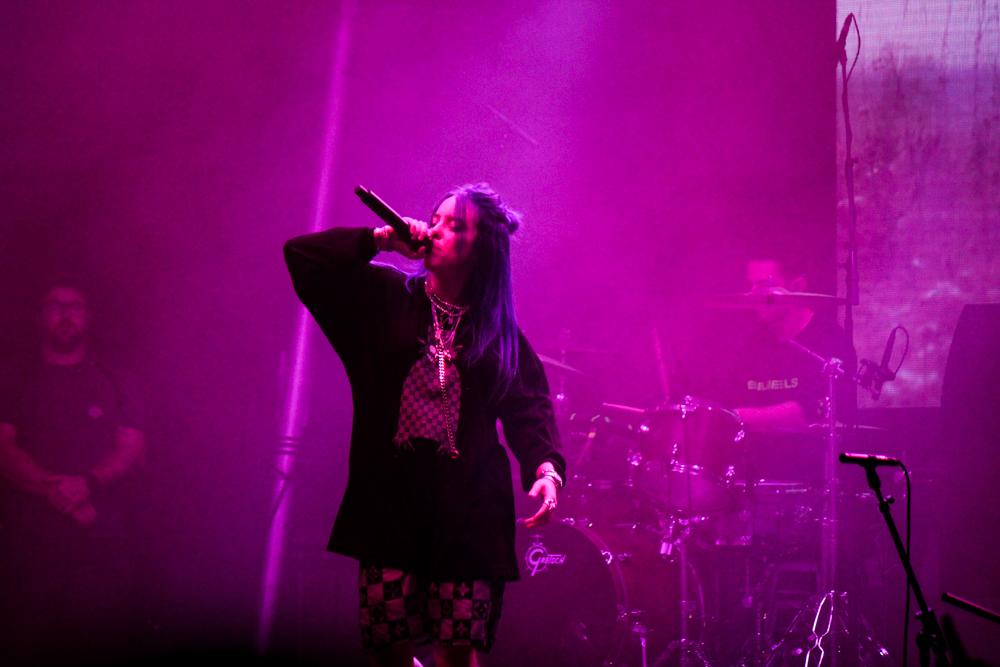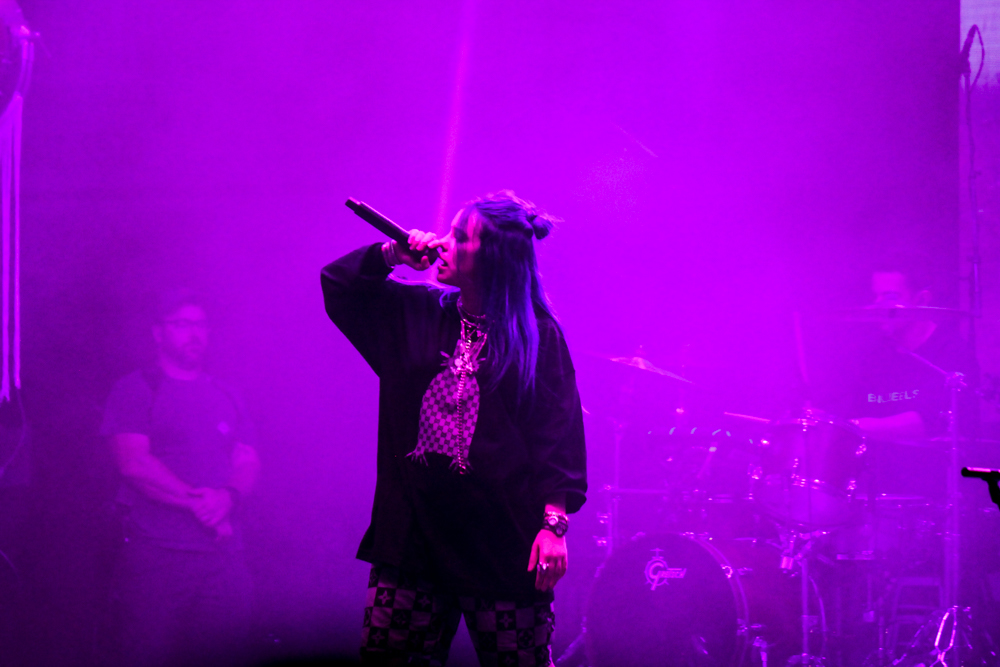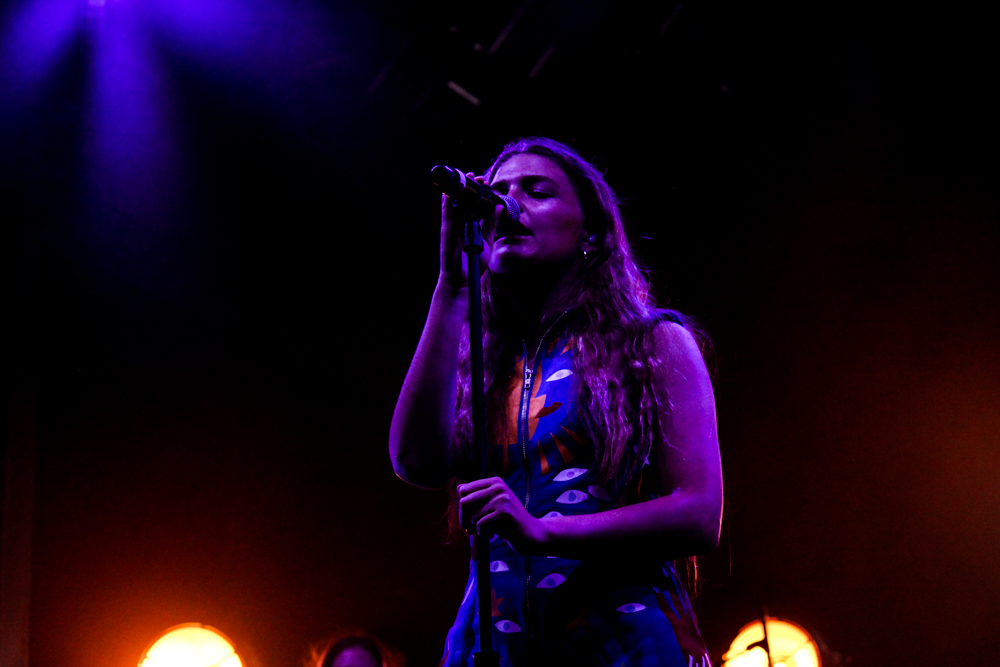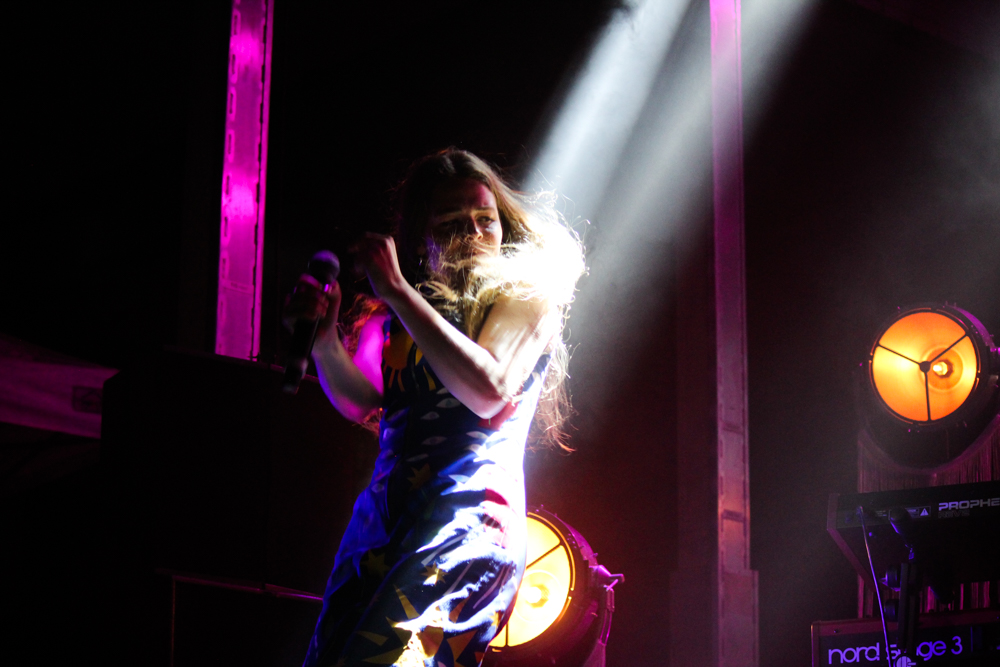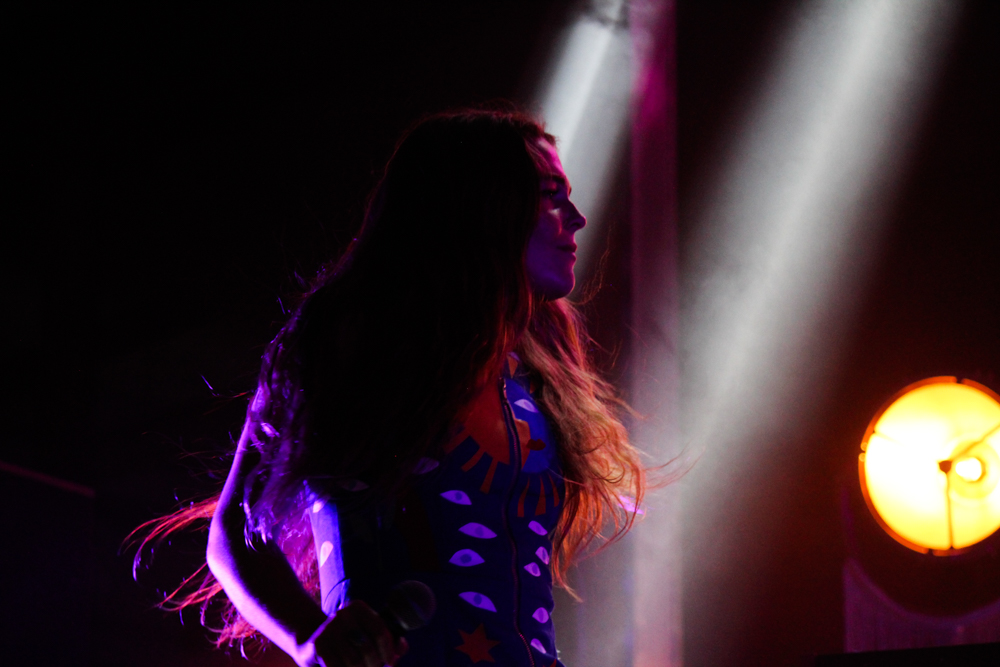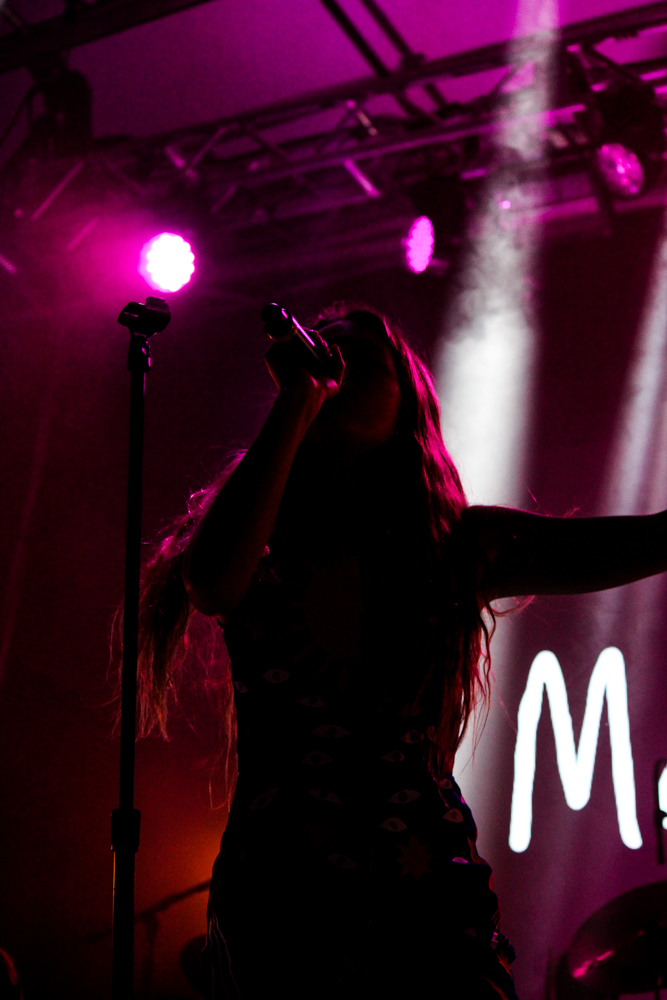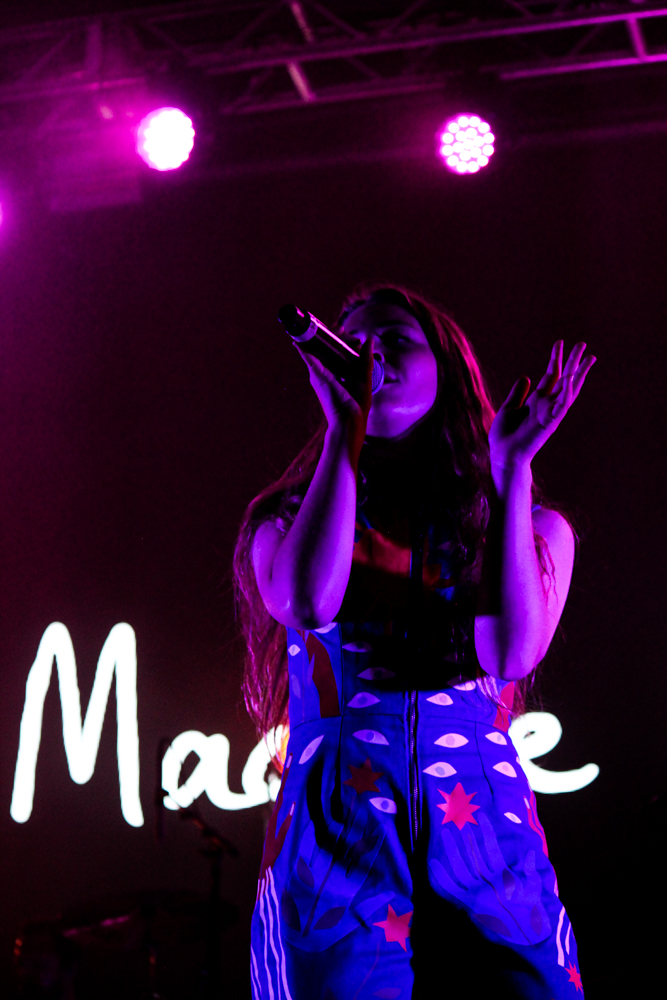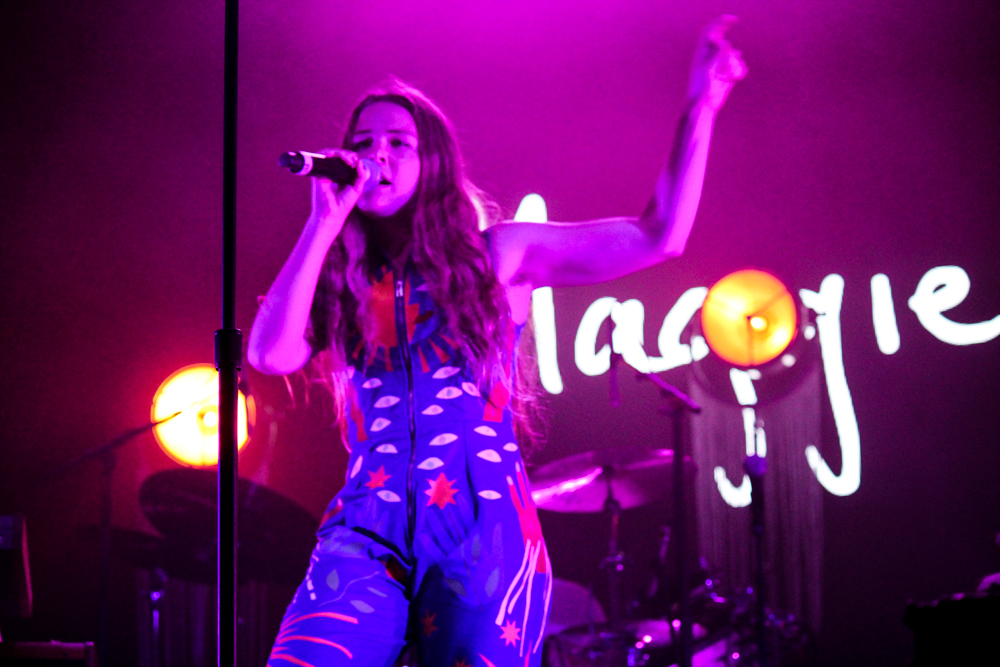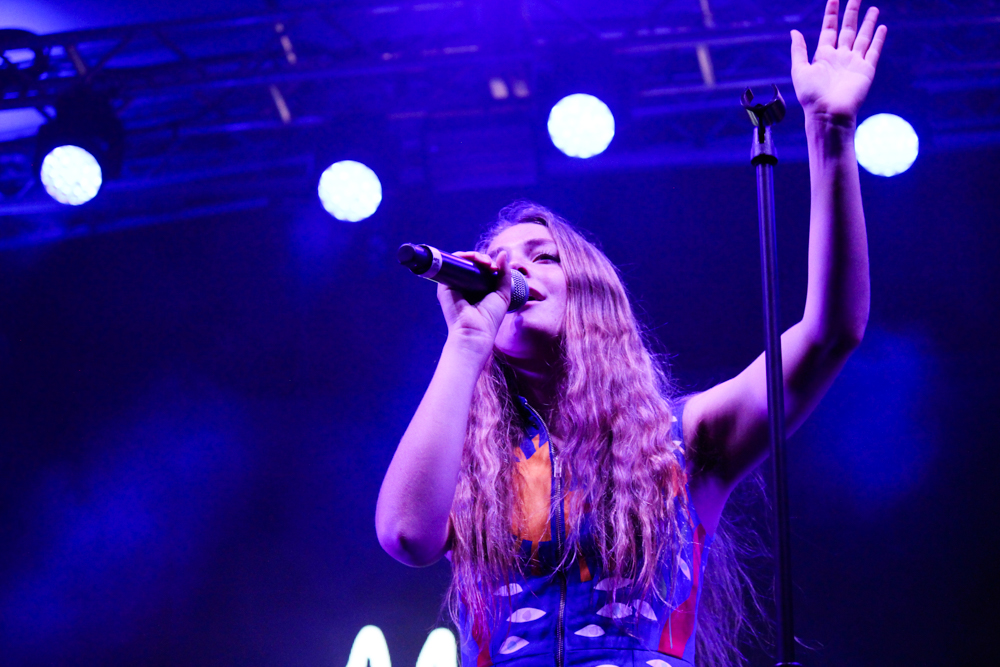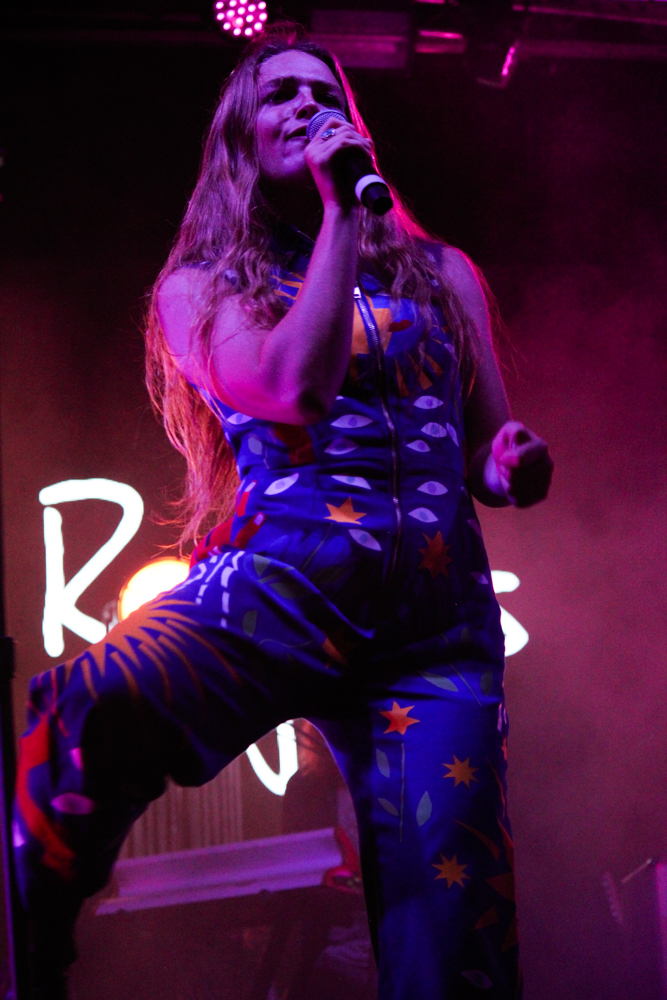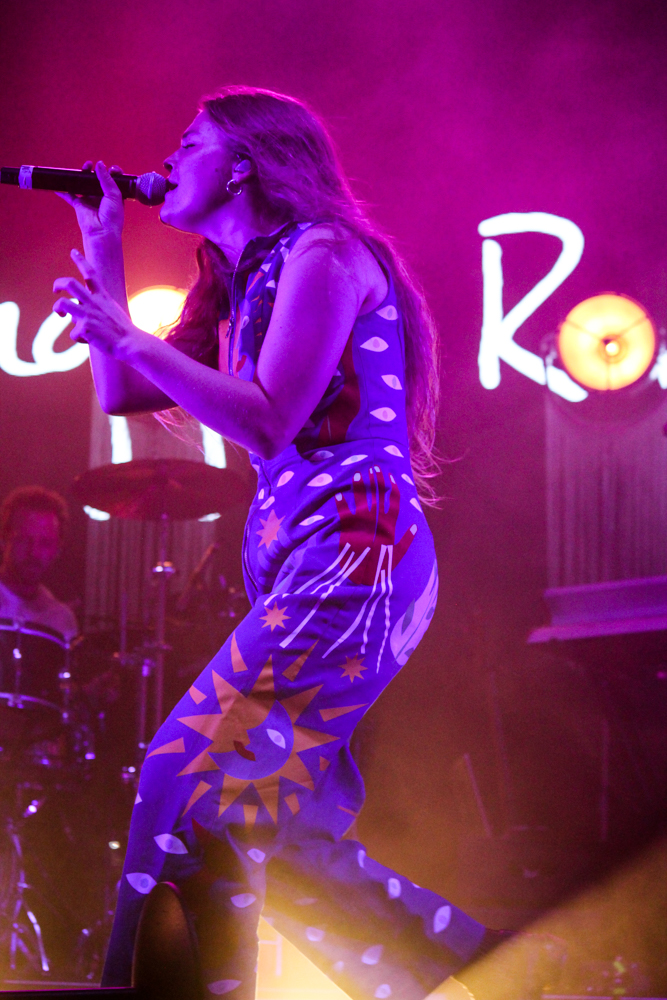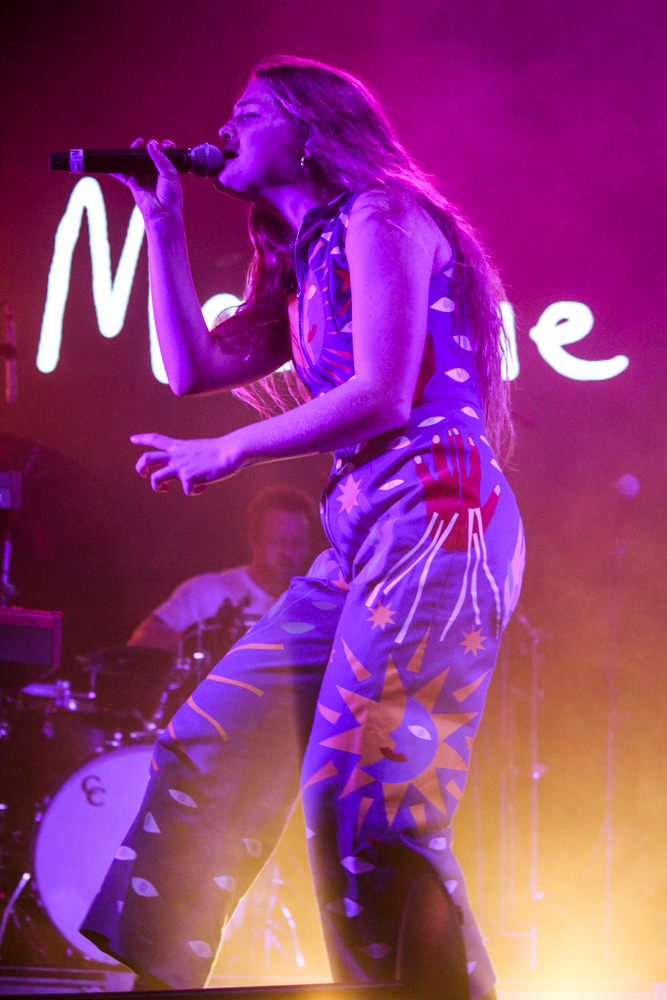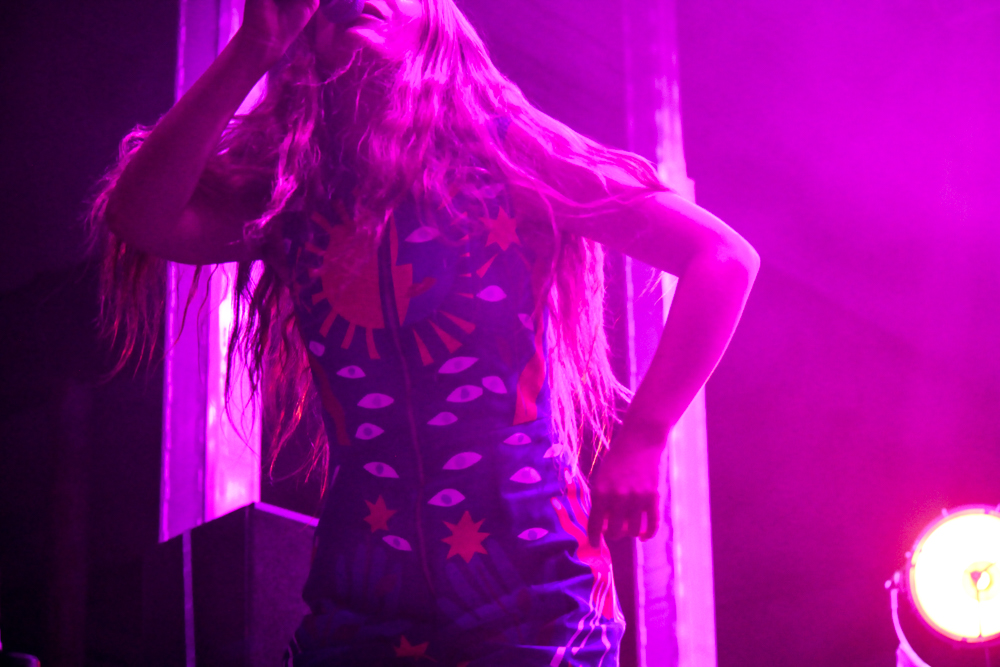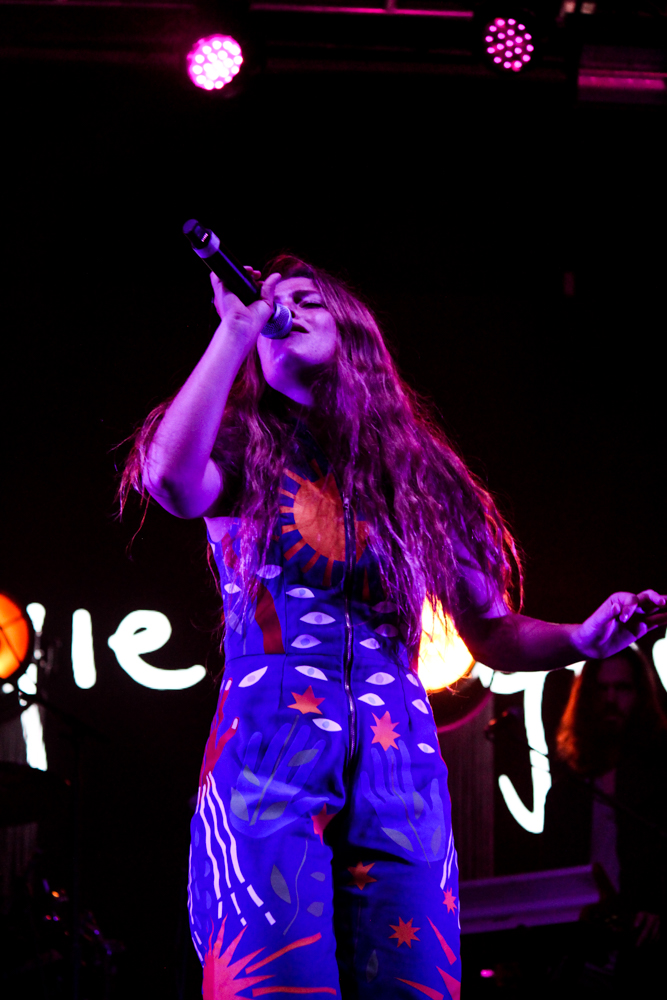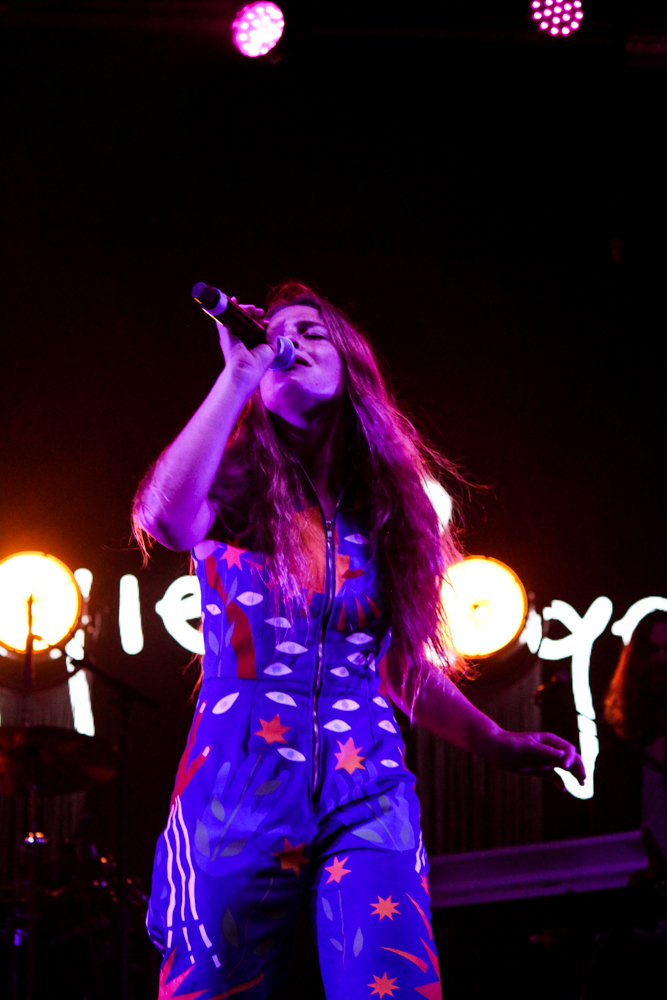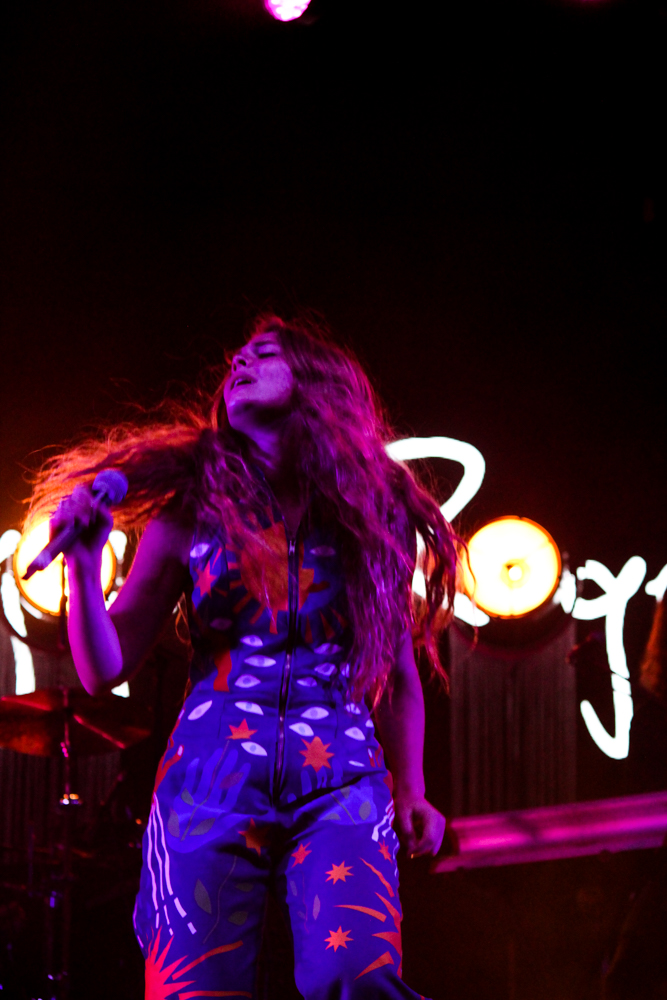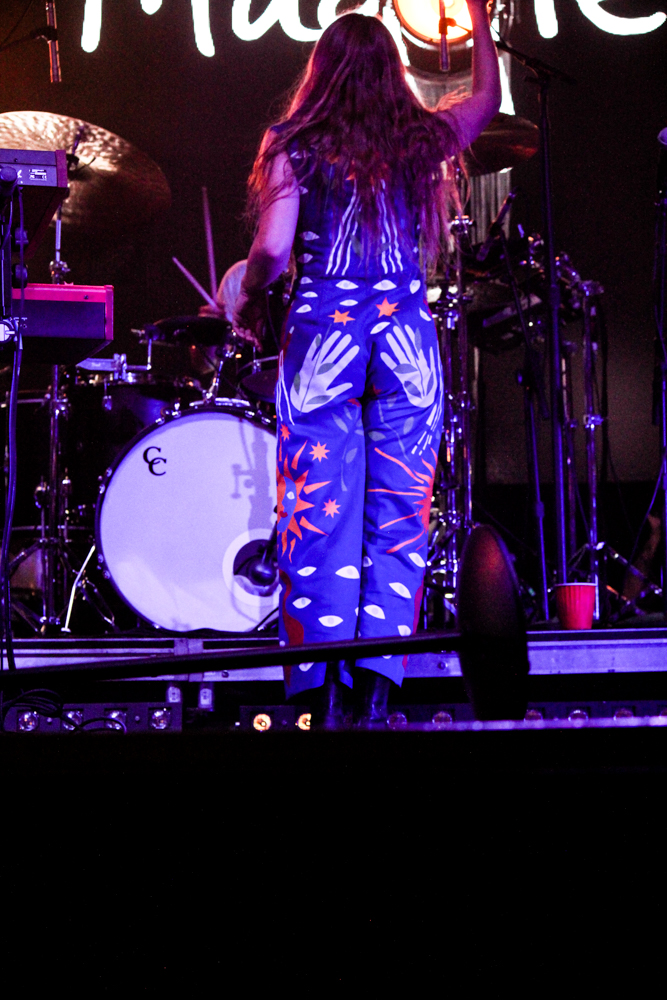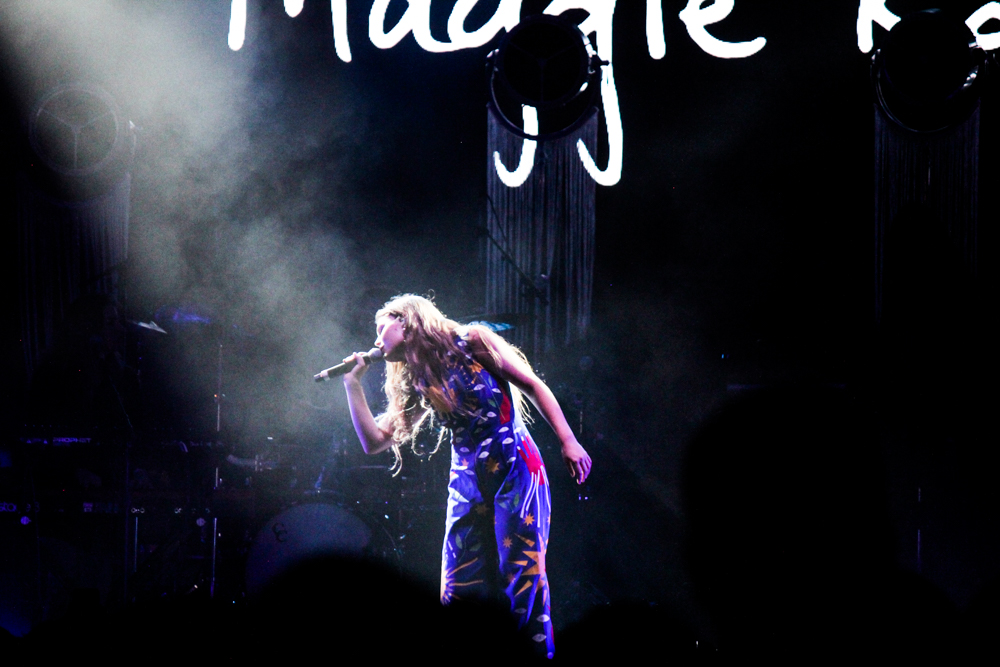Joy Can Be A Form Of Protest: All Things Go Fall Classic Day 1, 2018
On the afternoon of Saturday, October 6, the first day of the All Things Go Fall Classic was getting underway at Washington, D.C.’s Union Market under a gloomy gray sky and a fug of humidity. That morning, less than two miles away, 150 people had already been arrested on the steps of the U.S. Capitol on charges of “crowding, obstructing or incommoding.” Many of them were women, protesting the confirmation of Judge Brett Kavanaugh to the Supreme Court of the United States.
At the festival, around 3 p.m., the push notifications started rolling in from every major news outlet. Judge Kavanaugh had been confirmed, despite the fact that he had been accused of sexual assault by at least two women. One of them, Dr. Christine Blasey Ford, a Ph.D. and research psychologist, had testified in front of the Senate Judiciary Committee the previous week, describing how he had pinned her down and tried to remove her clothes, and covered her mouth with his hand when she tried to scream. For two days after her testimony, the things she said he did to her played in my mind on an endless loop. I kept feeling as though an invisible hand was pressing my mouth shut, sealing all the air inside.
We at Audia knew we wanted to be present at a festival with an all-female first-day lineup, curated by playful-earnest singer-songwriter Maggie Rogers and Lizzy Plapinger of MS MR, who performs solo under the moniker LPX. Asian-American artist KAYE; rap duo OSHUN; Finnish singer-songwriter Alma; Lizzy Plapinger, aka LPX; R&B artist Ravyn Lenae; Jessie Reyez, who was recently recognized at the MTV Music Awards; Billie Eilish; and Rogers herself all took the stage throughout the course of the day. The crowd seemed to skew young, even more so than at the typical music festival. Gaggles of friends sat in circles on the asphalt in the breaks between sets, chatting and eating pizza, while those who were of-age sipped from cups of pink vodka cocktails and Heineken tallboy cans.
LPX’s grin as she bounded onstage in a shining red jumpsuit induced a sort of cognitive dissonance after the news of less than half an hour before, but she had a job to do. She ripped through songs from this year’s “Bolt in the Blue” EP and covered Bikini Kill, charging up to the front of the stage almost as though she were going to run off the edge before retreating.
Near the end of the set, though, her smile cracked for the first time. “I feel sad and confused and very fucking angry,” she told the crowd. “But joy can be a protest.”
It’s strange, being at an ostensibly fun event with a drink in your hand, when there’s a nagging feeling in the pit of your stomach that a gross injustice has been committed. LPX’s statement felt as though it was giving permission, somehow; as though she was telling us that it was okay to maybe drink too much under these gray skies as though, less than two miles away, something had not just happened that would shape our history for decades, maybe centuries, to come. Ravyn Lenae was next, and every song that she performed, including her 2017 hit “Thirst”, was underscored by a quiet, understated steeliness.
Jessie Reyez strode onstage about an hour later amid a red-tinted fog. She was not smiling. She played through a few of her signature songs — “Apple Juice”, “about loving someone who doesn’t know how to love” — “Fuck Being Friends”, and “Body Count”, a barely concealed simmer of anger bubbling just below the surface. Her song “Gatekeeper”, as she told the audience, was about a producer early in her career who had made the terms of her success very specific. “He told me, ‘Jessie, you can sing, but if you want to succeed, you need to suck dick for a deal,’” she told the crowd, her voice rising near the end for emphasis. She sauntered around the stage, tying her hair up and pulling it back down again as she transitioned into playing acoustic guitar covers of Chance the Rapper and Drake, full of an energy she seemed to be working through how to channel. “The #MeToo movement is not fucking new,” she told the crowd close to the end of the set, to yells of approval, dispelling any final traces of doubt about what it was that was bothering her.
Seventeen-year-old Billie Eilish, who many of the younger members of the crowd seemed to be there to see, made her distaste for the events of the day even more explicit. Dressed in oversized board shorts and a baggy long-sleeved t-shirt, she played through “You Should See Me In A Crown” and “Ocean Eyes”, her viral hit, blue hair parted down the middle, bangs partially obscuring her face. “The Supreme Court radiates the smallest dick energy I’ve ever seen in my life,” she said, her voice tinged with Gen Z disgust, before breaking out a ukulele and covering Drake’s “Hotline Bling”. She led the crowd in a chant of “Fuck Brett Kavanaugh” before exiting the stage.
It was fully dark now, and the crowd was as full, and as tipsy, as it was going to get. The DJ played a nondescript cover of Dancing Queen and people swayed, holding their drinks aloft above their head, as people at festivals instinctively do.
The lights came up onstage, and it was time for Maggie Rogers. Her full-length debut album, Heard It In A Past Life, hasn’t been released yet, but she announced that she was going to play it in its entirety. Rogers, who hails from Maryland and relayed to the crowd that she was honored to be playing in D.C. because she’s been coming to the city for shows her whole life, is a magnetic and luminescent performer, unflinchingly holding the audience’s gaze. She covered Macy Gray’s “I Try” and introduced a new song called “Overnight”.
I did feel something very close to joy when Rogers took the stage; it was hard not to be hopeful when confronted with someone so young, emanating so much warmth and radiance. “It’s been a really hard day,” she acknowledged. Near the end of her performance, the big LED screen behind her held an image of Dr. Ford with her eyes closed and her hand raised.
What do we ask of music? We ask it to distract us, comfort us, help us work through our pain and our anger and hurt, sometimes alone, sometimes in the presence of others. There are times these days that I feel guilty, as I’m sure others do as well, for snatching moments of joy. But on Saturday, I did not feel guilty for being in front of artists doing what they loved, or for being surrounded by people who were simply happy to be there, sharing the experience with everyone else. Rogers and all the other artists didn’t have a long-term solution for the things we in the audience — many of us, but the women in particular — were feeling, but I had faith that she was going to carry us through the next hour and give us a brief wash of relief from the injustices that were hurting us. For the time being, that was going to have to be enough.

